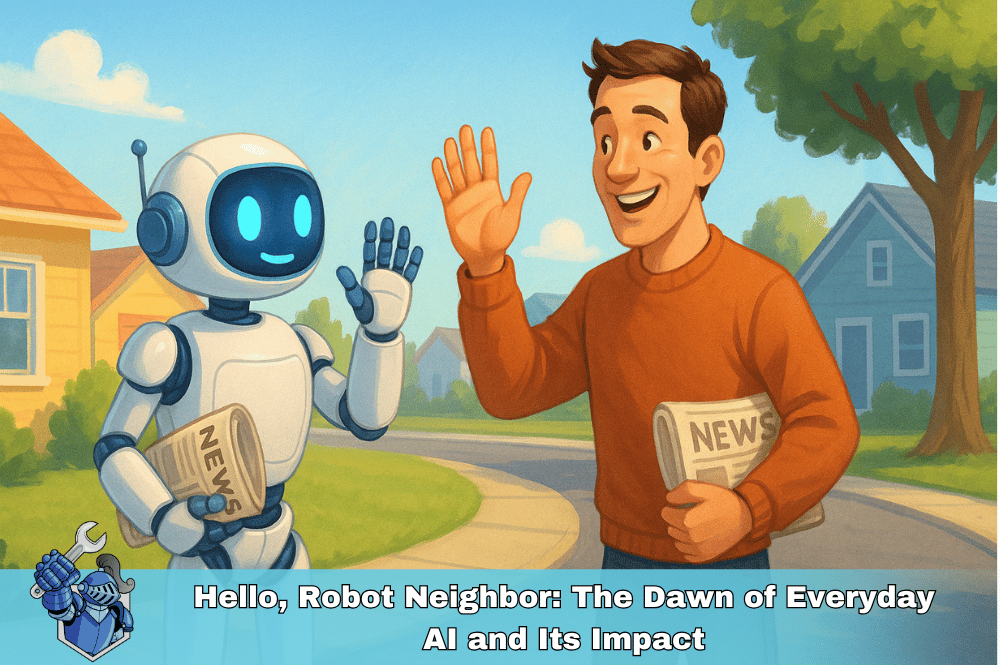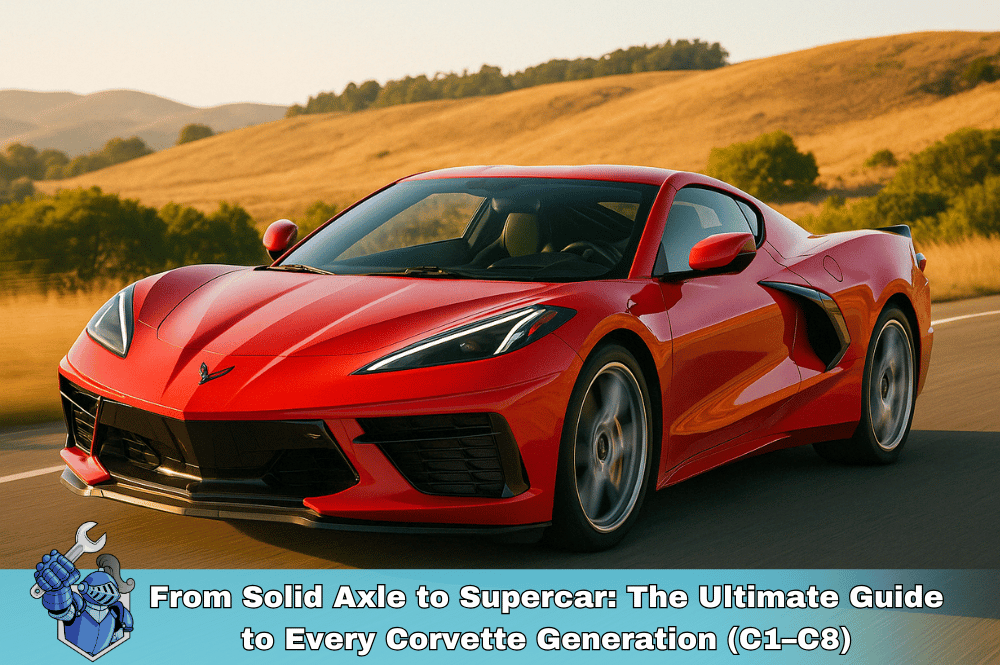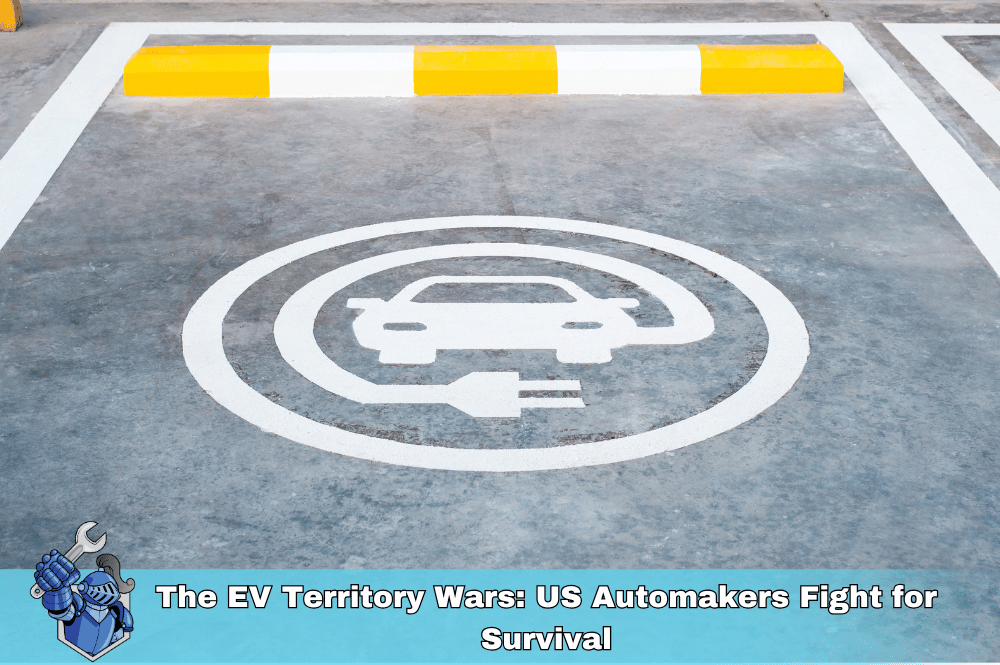In most cases, buying a used car is the better financial decision. You avoid the steep depreciation of a new car, pay less in taxes and insurance, and often get similar reliability—especially with a certified pre-owned or one-owner vehicle. To minimize risks, consider a vehicle service contract to cover potential repairs.
When it comes to buying a car, one question always rises to the top: Should I buy a new car or a used car? It's a financial tug-of-war that millions of car buyers face every year. While both options come with their own advantages, your final decision should come down to one thing—the total cost of ownership.
This comprehensive guide breaks down the financial comparison of new vs. used cars, covers cost of ownership, and explores risks, tax implications, insurance, depreciation, and the long-term budget considerations. We'll also look at how a vehicle service contract—especially from a provider like Noble Quote—can mitigate risks and provide peace of mind no matter which route you take.
Let’s settle the score: new vs used car, which offers the best financial decision for your situation?
The Upfront Costs: New Car vs. Used Car
Cost of a New Car
According to Kelley Blue Book, the average cost of a new car in the U.S. as of early 2025 is approximately $48,000. That sticker shock comes with benefits like cutting-edge technology, manufacturer warranties, and that new car smell, but it also means a higher down payment, higher sales tax, and faster depreciation.
Cost of a Used Car
On the flip side, the average cost of a used car hovers around $27,000—a savings of over $20,000 compared to a new vehicle. That lower cost helps you reduce your monthly car payments, but it may come with higher maintenance or fewer years of warranty coverage.
✅ Winner: Used car for upfront savings.
Depreciation: The Silent Wallet Killer
Depreciation of a New Car
Here’s a hard truth: a new car loses 20-30% of its value the moment you drive it off the lot, and nearly 60% after five years. That’s the harsh reality of new car depreciation, and it’s one of the top financial downsides to buying new.
Depreciation of a Used Car
Used vehicles have already taken their depreciation hit. Buying a car that’s 2–3 years old often means you’re paying closer to the car’s “real” value. You can even resell it in a few years with minimal additional depreciation.
✅ Winner: Used car, especially for resale value and total ownership cost.
Insurance, Tax, and Financing: The Hidden Costs
Insurance Cost New vs. Used Car
New cars are typically more expensive to insure because of their replacement value, advanced tech, and theft risk. Used cars generally enjoy lower premiums, although factors like safety ratings and vehicle type play a role.
According to NerdWallet, insurance for a new car can be $400–$600 more per year than for a used car.
Tax Implications of Buying New vs. Used Car
Sales tax is calculated based on the car's value, meaning you’ll pay more in taxes for a new vehicle. Some states even offer tax incentives for used cars or environmentally friendly vehicles.
Car Loan for New vs. Used
New car loans often come with lower interest rates and longer terms, while used cars might have slightly higher rates due to increased risk. However, the total loan amount for a used car is much smaller.
✅ Winner: Used car, but new cars can be competitive with low-interest financing.
Maintenance and Repairs: Crunching the Numbers
Maintenance Cost New vs. Used Car
New cars usually need fewer repairs in the first 3–5 years, especially if under warranty. But they also come with higher cost if something does break—thanks to all those electronic sensors and infotainment systems.
Used cars may require more upkeep, but regular maintenance is usually cheaper and more predictable.
Pro Tip: Consider a vehicle service contract to reduce repair costs and protect against surprise expenses—especially for used vehicles that are no longer under the manufacturer’s warranty.
Extended Warranty for Used Car Financial Protection
With Noble Quote, you can get extended warranty coverage that helps protect your budget from the unpredictability of older car repairs. It’s one of the smartest ways to protect your used car investment and give yourself financial peace of mind.
✅ Winner: Tie – New cars win for fewer repairs, used cars win with smart planning and a vehicle service contract.

Certified Pre-Owned: The Best of Both Worlds?
A certified pre-owned (CPO) vehicle comes with a manufacturer-backed warranty, has undergone a multi-point inspection, and often includes perks like roadside assistance. It costs a bit more than a standard used car but significantly less than new.
✅ Best option if you want financial security and lower risk without paying new car prices.
The True Cost of Ownership: A Breakdown
Let’s take a 5-year look at ownership:
| Cost Category | New Car (Average) | Used Car (3 Years Old) |
|---|---|---|
| Purchase Price | $48,000 | $27,000 |
| Sales Tax & Fees | $4,500 | $2,000 |
| Insurance (5-Year Total) | $8,000 | $5,000 |
| Depreciation | $27,000 | $6,500 |
| Maintenance & Repairs | $2,000 | $4,000 |
| Fuel (Similar MPG) | $8,000 | $8,000 |
| Total Cost | $97,500 | $52,500 |
✅ Used car wins in total cost by over $45,000.
Financial Risk vs. Peace of Mind
Buying new may offer fewer surprises, but used cars aren’t as risky as you think—especially if you purchase a VSC (Vehicle Service Contract) from Noble Quote.
Whether you buy new or used, a vehicle service contract can:
- Cover major repairs beyond the factory warranty
- Offer roadside assistance, towing, and rental car coverage
- Add resale value when you transfer the contract to a new owner
- Offer peace of mind, especially for high-mileage or older vehicles
Explore coverage options at the Noble Quote Learning Center to find the perfect match for your vehicle and budget.
Finding the Sweet Spot
So what’s the sweet spot between new and used car value? Many experts suggest buying a 2–4-year-old vehicle with low mileage and a solid service history. This gives you:
- Reduced depreciation
- Lower upfront cost
- Moderate insurance
- Remaining manufacturer warranty or eligibility for a vehicle service contract
- Better resale value retention
Final Verdict: Best Financial Decision?
| Buyer Type | Best Choice |
|---|---|
| Budget-Conscious First-Time Buyer | Used Car (w/ VSC) |
| Tech Enthusiast | New Car |
| Reliability Seeker | CPO Vehicle |
| Long-Term Planner | Lightly Used (2-3 yrs) |
| Value-Oriented Family Buyer | Used Car (w/ Warranty) |
If you're looking for the best financial decision for a car buyer, a well-maintained used car—especially one that’s certified or protected with a vehicle service contract—often wins the showdown.
Secure Your Investment with Noble Quote
Whether you're going new or used, Noble Quote offers customizable protection plans to fit your lifestyle and budget. Don’t leave your next vehicle unprotected. Get a free extended warranty quote today and experience total peace of mind.
Visit our Learning Center to explore coverage options and tips for making the smartest financial choice for your next car.
FAQ: Real Answers to Help You Choose Between Buying a New or Used Car
Is it better to buy a new or used car financially?
What is the total cost of ownership for a new car vs. a used car?
Over five years, a new car can cost $45,000+ more than a comparable used car when factoring in depreciation, insurance, taxes, and interest. Used cars offer a lower purchase price and slower depreciation, making them ideal for budget-conscious buyers. You can estimate your ownership costs using online calculators or consult Noble Quote’s Learning Center.
Does a new car lose value faster than a used car?
Yes. A new car typically loses 20–30% of its value in the first year and up to 60% within five years. Used cars depreciate more slowly because the biggest drop has already happened. This makes used vehicles more cost-effective long-term, especially if you plan to resell.
Is a used car more expensive to maintain than a new car?
Used cars often require more maintenance as they age, but they can be much cheaper to repair if parts are widely available. New cars may need fewer repairs early on, but high-tech components can be costly when they fail. A vehicle service contract helps reduce out-of-pocket expenses in either case.
Are insurance rates higher for new cars or used cars?
Insurance is generally more expensive for new cars due to higher replacement value and advanced safety tech. Used cars usually come with lower premiums, though your rate also depends on driving history, vehicle type, and location.
What are the tax differences between buying new vs. used cars?
New cars tend to come with higher sales tax due to their higher purchase price. Used vehicles often qualify for lower taxes, and some states offer reduced rates or exemptions for private party sales. Always check your local DMV site for exact tax rules.
Is financing easier for new cars than for used cars?
New cars typically qualify for lower interest rates and longer loan terms from manufacturers and banks. Used car loans may have slightly higher rates, but the smaller loan amount usually results in lower total interest paid over time.
What’s the most cost-effective age to buy a car?
Financially, the sweet spot is often a 2–4-year-old vehicle. These cars have already taken their biggest depreciation hit, are often still under warranty or CPO programs, and offer modern features at a lower cost. Pairing this with a service contract maximizes value and protection.
Should I get an extended warranty for a used car?
Yes—especially if the manufacturer’s warranty has expired. Used cars are more likely to need repairs, and a vehicle service contract from Noble Quote can protect your budget from unexpected costs. It’s an affordable way to add peace of mind and extend your car’s lifespan.
What is the best way to protect my car investment—new or used?
For both new and used vehicles, the best way to protect your investment is with a vehicle service contract. It helps you avoid large repair bills, adds value at resale, and often includes benefits like roadside assistance and rental coverage. Explore options at Noble Quote’s Learning Center.
Suggestions for you
Read MoreLet’s work together
Every week we showcase three charitable organizations that our donations are sent to. Our clients are able to choose which of these three will receive their gift when they add coverage to their vehicle...


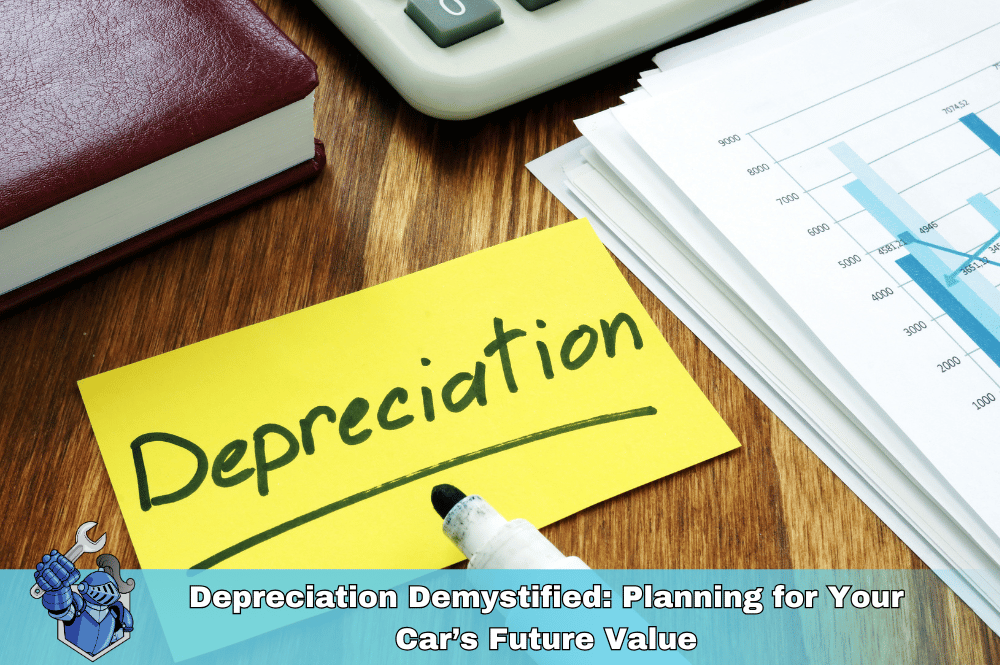 Depreciation Demystified: Planning for Your Car’s Future Value
Depreciation Demystified: Planning for Your Car’s Future Value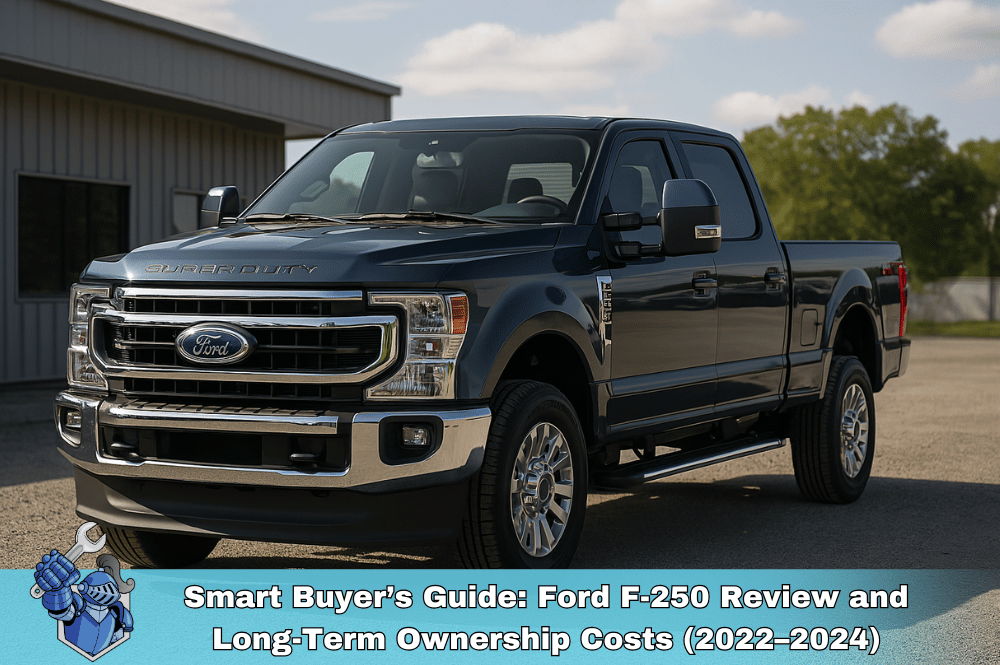 Smart Buyer’s Guide: Ford F-250 Review and Long-Term Ownership Costs (2022–2024)
Smart Buyer’s Guide: Ford F-250 Review and Long-Term Ownership Costs (2022–2024) DIY Danger? The Financial Risks of Handling Car Repairs Yourself
DIY Danger? The Financial Risks of Handling Car Repairs Yourself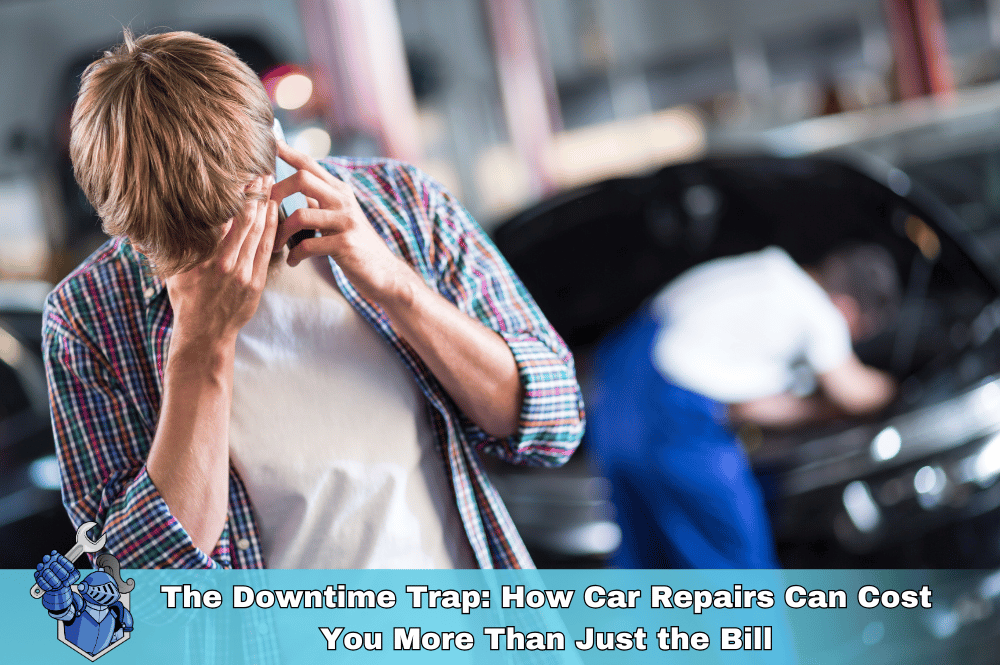 The Downtime Trap: How Car Repairs Can Cost You More Than Just the Bill
The Downtime Trap: How Car Repairs Can Cost You More Than Just the Bill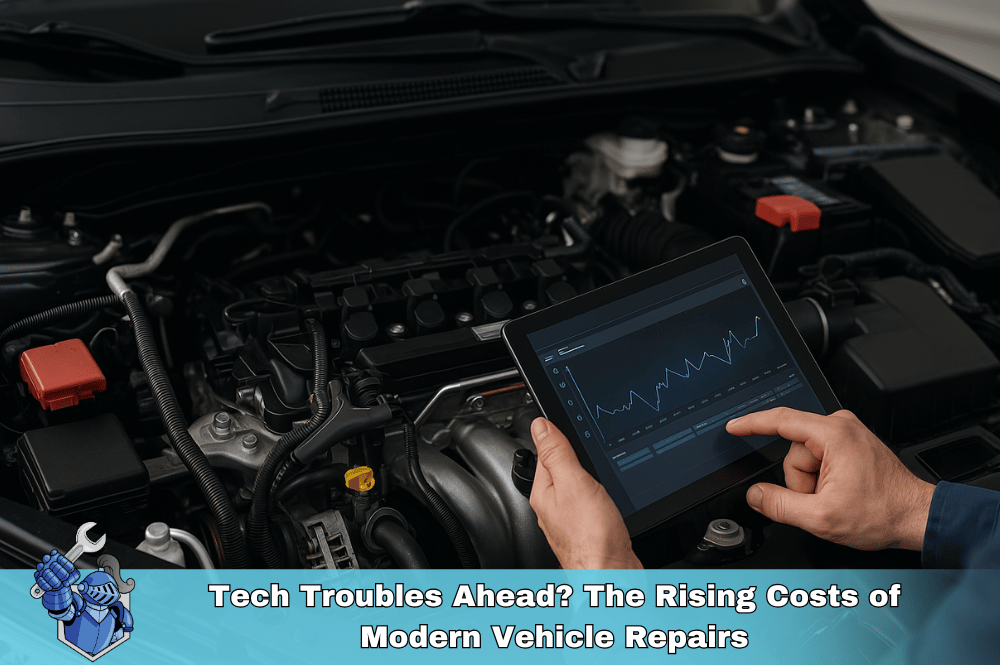 Tech Troubles Ahead? The Rising Costs of Modern Vehicle Repairs
Tech Troubles Ahead? The Rising Costs of Modern Vehicle Repairs Drive Smart, Save Smarter: Your Guide to Budgeting for Car Care
Drive Smart, Save Smarter: Your Guide to Budgeting for Car Care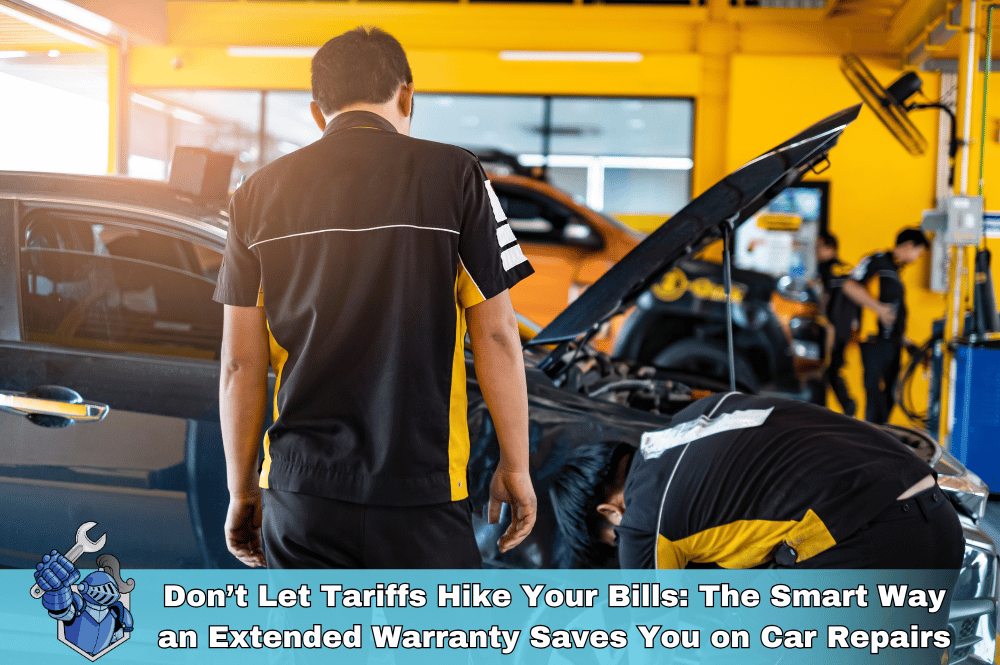 Don’t Let Tariffs Hike Your Bills: The Smart Way an Extended Warranty Saves You on Car Repairs
Don’t Let Tariffs Hike Your Bills: The Smart Way an Extended Warranty Saves You on Car Repairs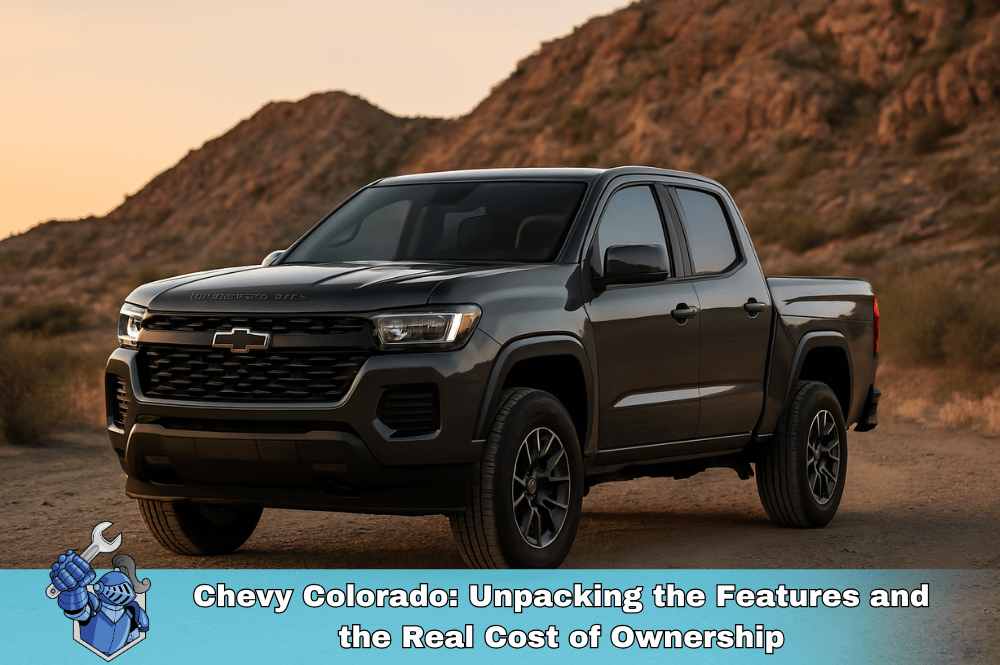 Chevy Colorado: Unpacking the Features and the Real Cost of Ownership
Chevy Colorado: Unpacking the Features and the Real Cost of Ownership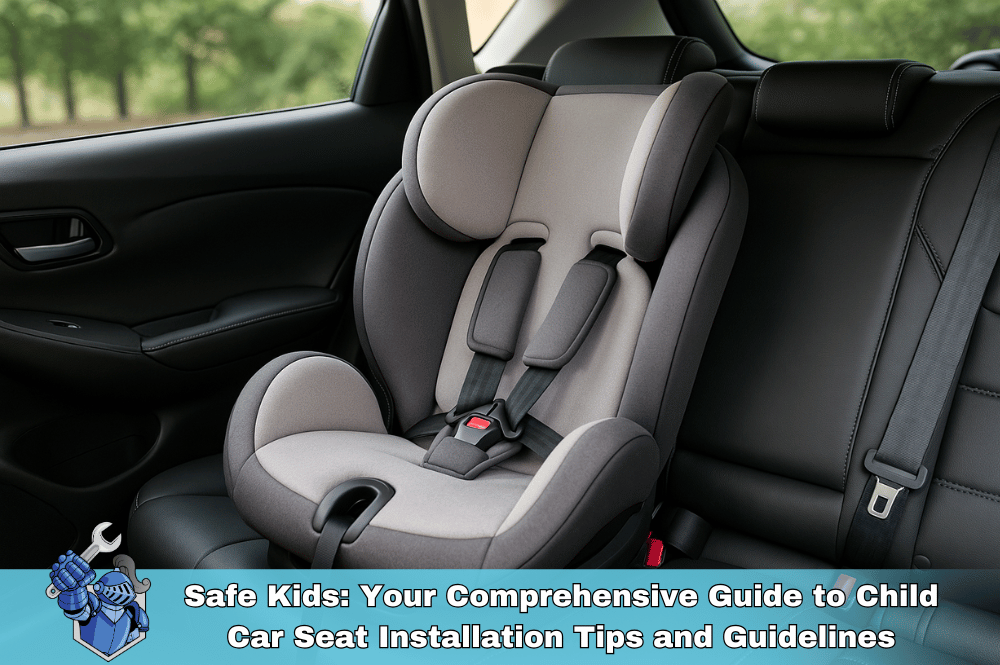 Safe Kids: Your Comprehensive Guide to Child Car Seat Installation Tips and Guidelines
Safe Kids: Your Comprehensive Guide to Child Car Seat Installation Tips and Guidelines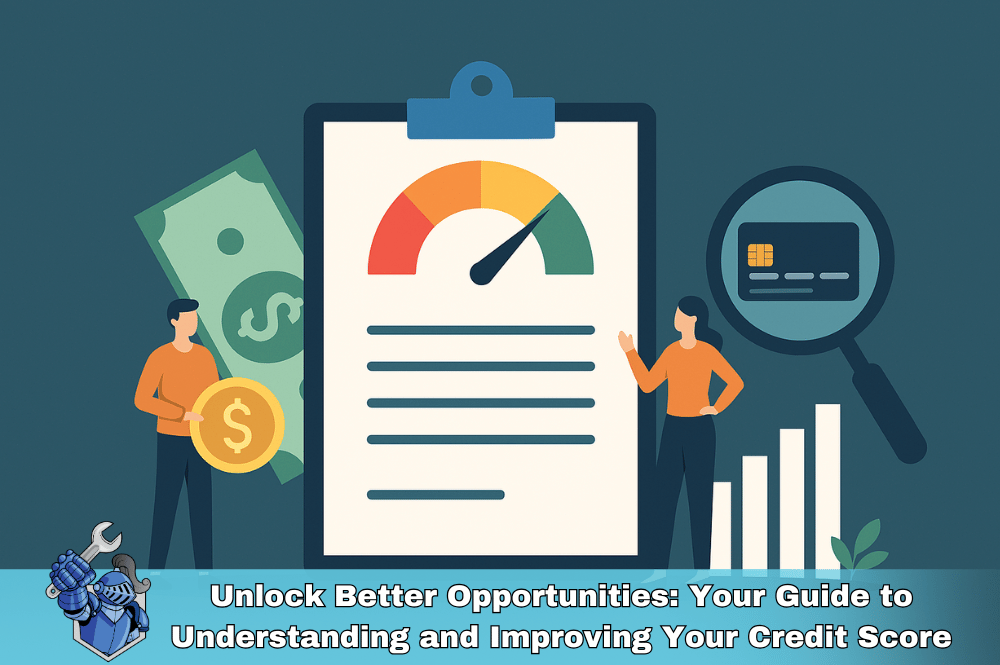 Unlock Better Opportunities: Your Guide to Understanding and Improving Your Credit Score
Unlock Better Opportunities: Your Guide to Understanding and Improving Your Credit Score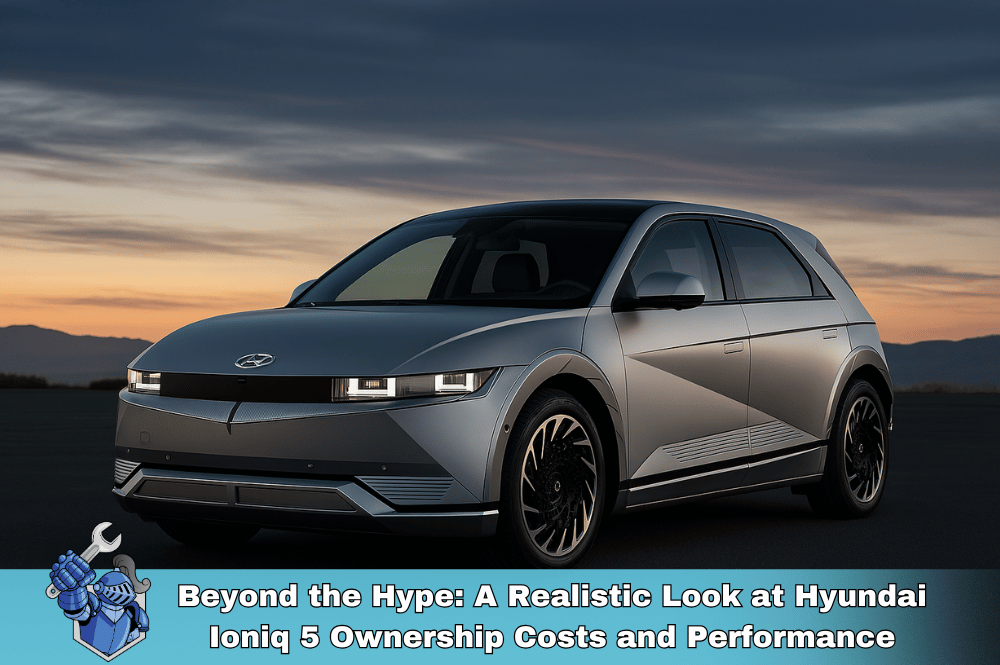 Beyond the Hype: A Realistic Look at Hyundai Ioniq 5 Ownership Costs and Performance
Beyond the Hype: A Realistic Look at Hyundai Ioniq 5 Ownership Costs and Performance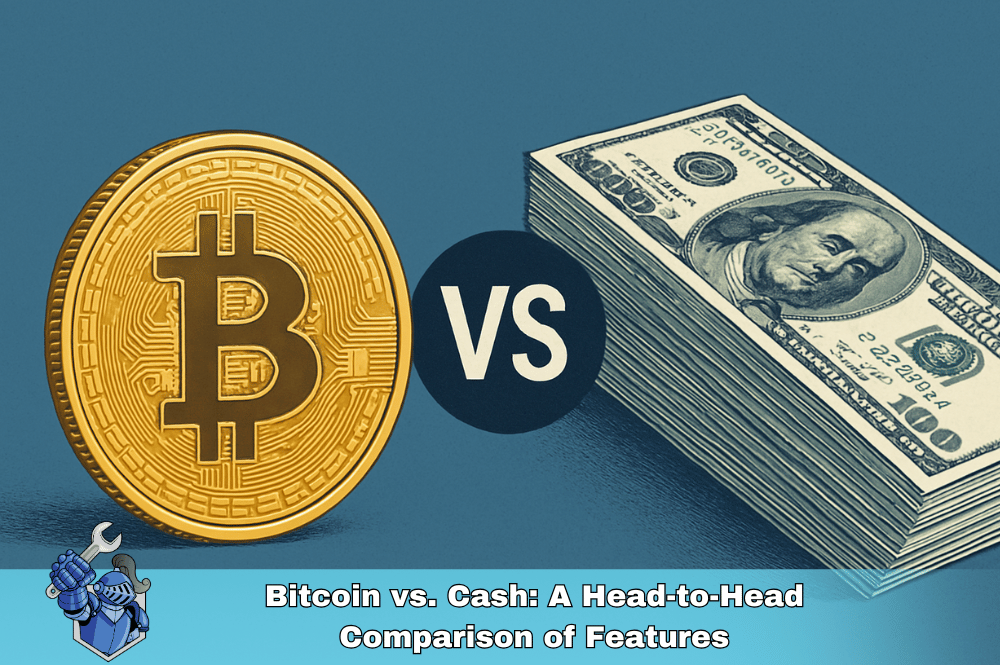 Bitcoin vs. Cash: A Head-to-Head Comparison of Features
Bitcoin vs. Cash: A Head-to-Head Comparison of Features Decoding Your Wallet: The Benefits of Using Cash and Credit Wisely
Decoding Your Wallet: The Benefits of Using Cash and Credit Wisely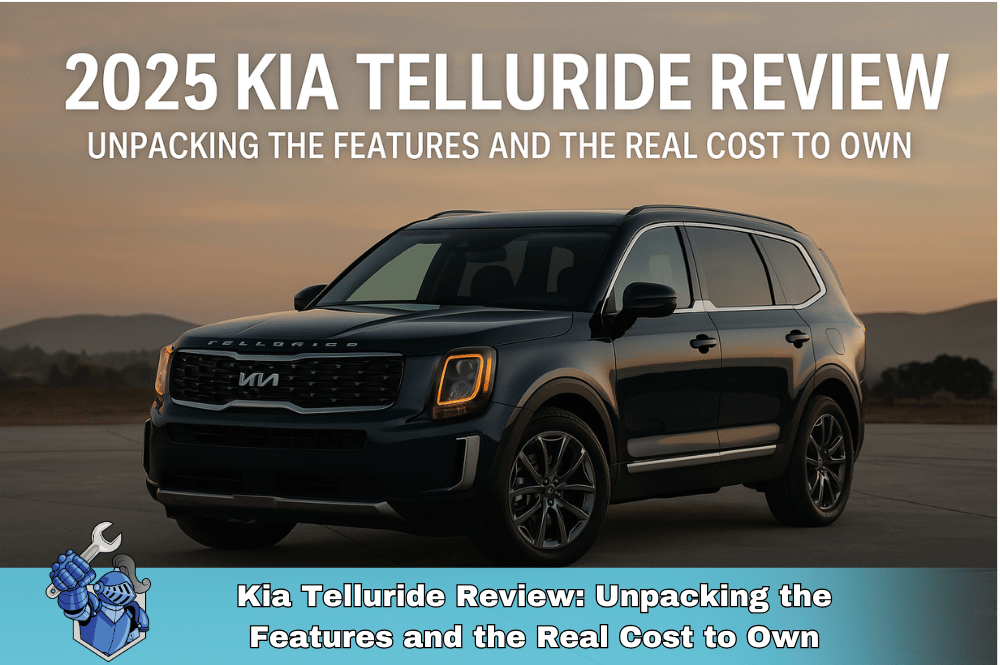 Kia Telluride Review: Unpacking the Features and the Real Cost to Own
Kia Telluride Review: Unpacking the Features and the Real Cost to Own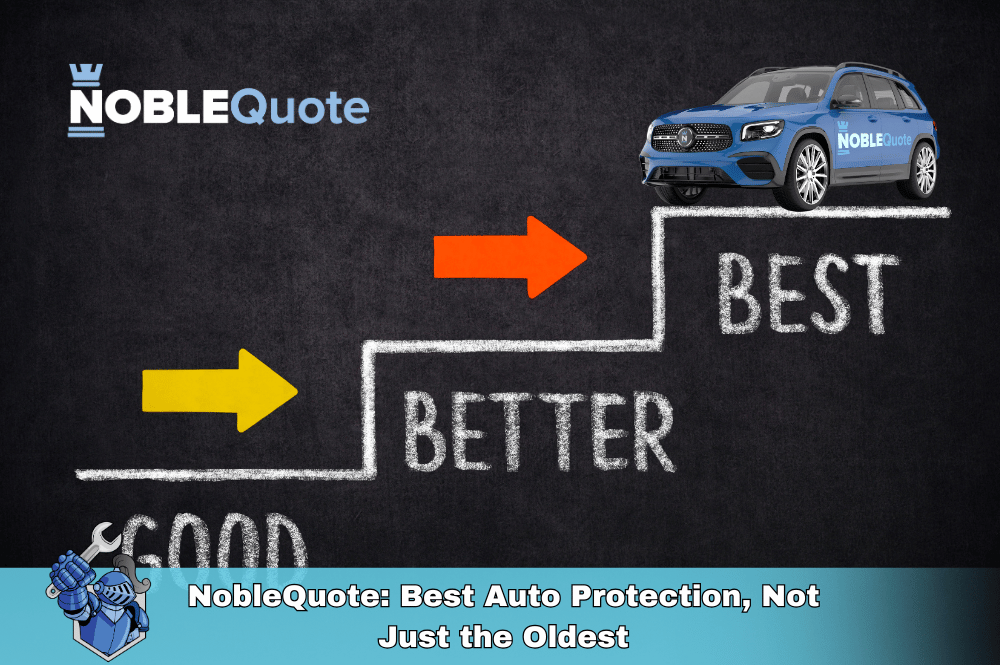 NobleQuote: Best Auto Protection, Not Just the Oldest
NobleQuote: Best Auto Protection, Not Just the Oldest What is a Home Warranty and Do You Need One?
What is a Home Warranty and Do You Need One?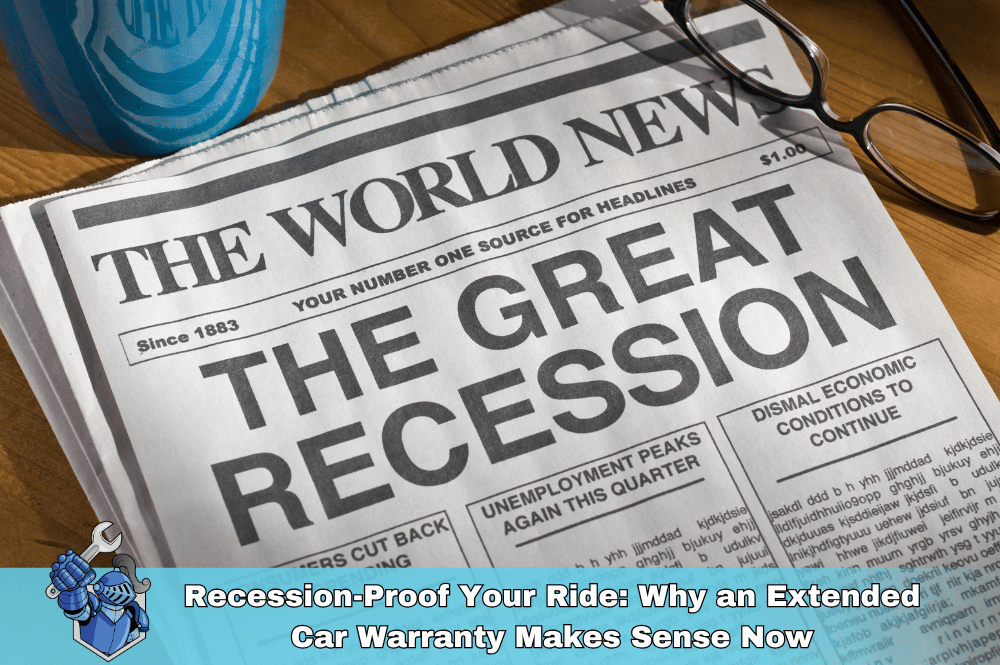 Recession-Proof Your Ride: Why an Extended Car Warranty Makes Sense Now
Recession-Proof Your Ride: Why an Extended Car Warranty Makes Sense Now RV Road Trip Ready: Secure Your Adventures with Extended Warranty Coverage
RV Road Trip Ready: Secure Your Adventures with Extended Warranty Coverage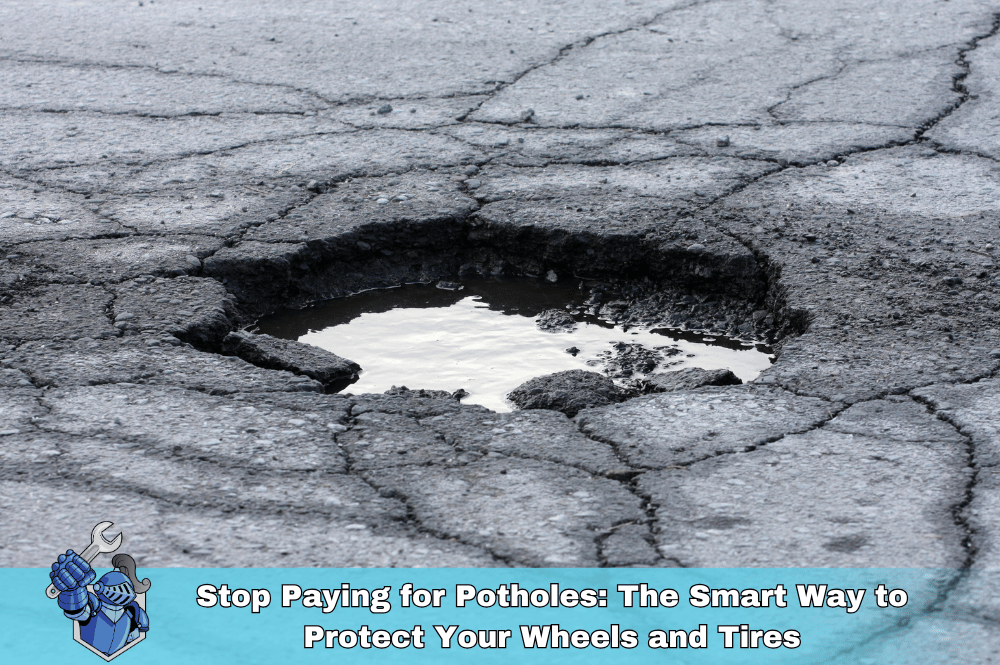 Stop Paying for Potholes: The Smart Way to Protect Your Wheels and Tires
Stop Paying for Potholes: The Smart Way to Protect Your Wheels and Tires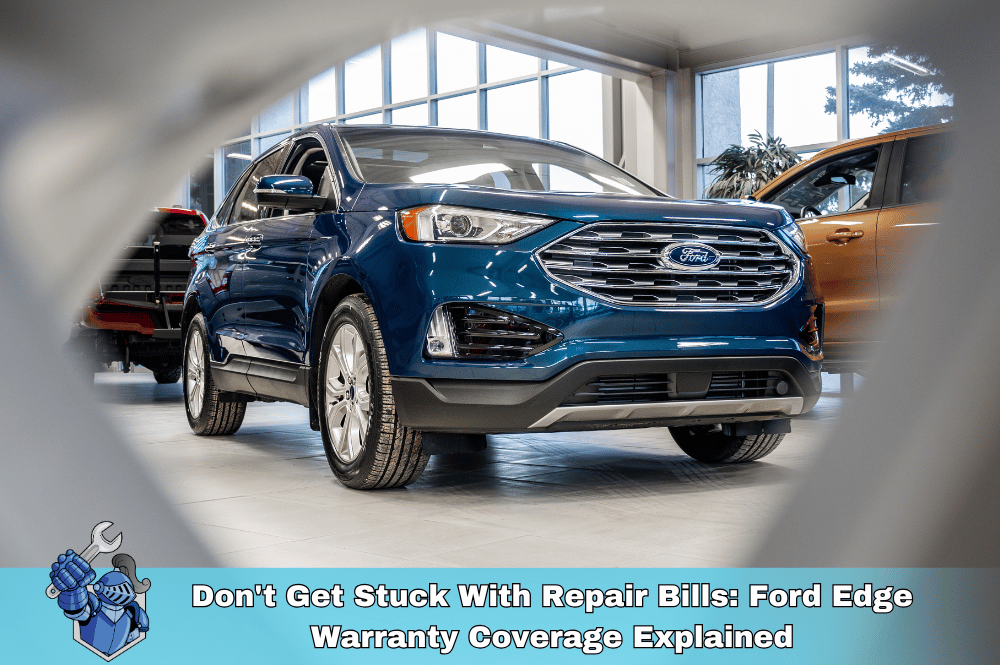 Don’t Get Stuck With Repair Bills: Ford Edge Warranty Coverage Explained
Don’t Get Stuck With Repair Bills: Ford Edge Warranty Coverage Explained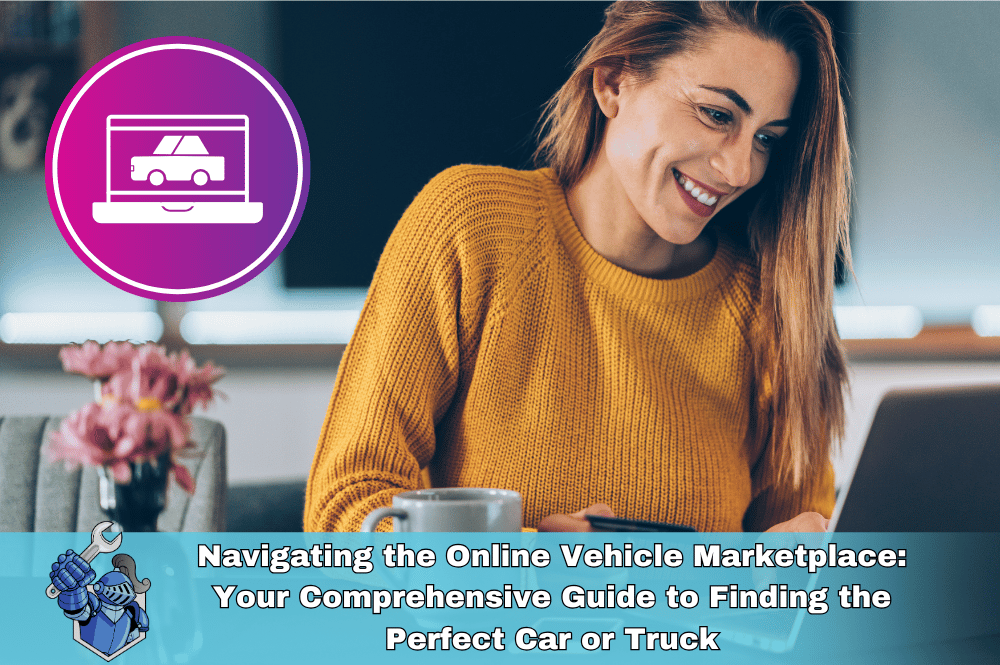 Navigating the Online Vehicle Marketplace: Your Comprehensive Guide to Finding the Perfect Car or Truck
Navigating the Online Vehicle Marketplace: Your Comprehensive Guide to Finding the Perfect Car or Truck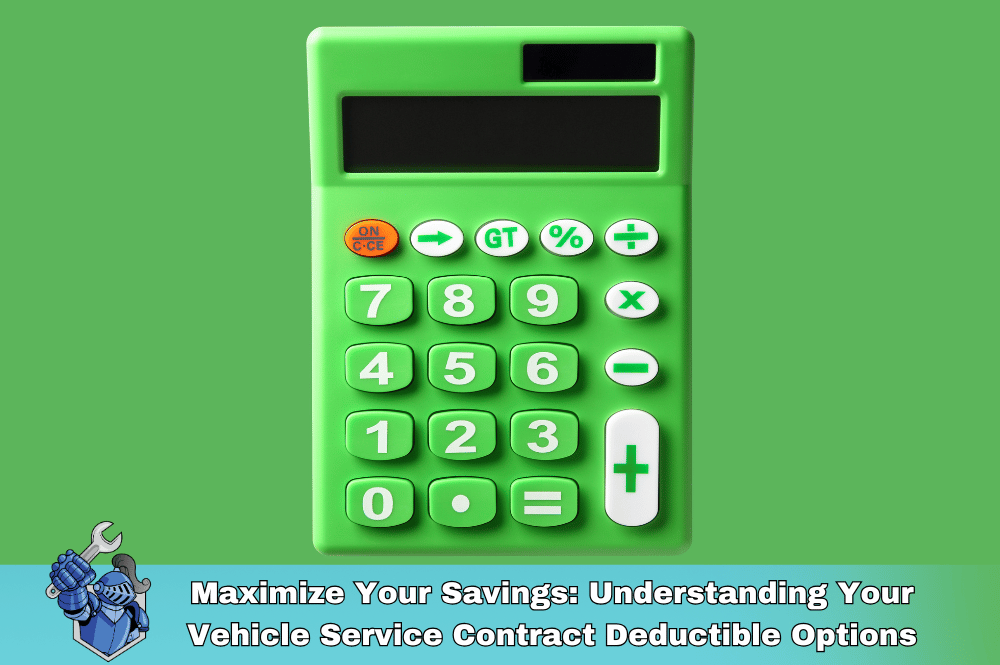 Maximize Your Savings: Understanding Your Vehicle Service Contract Deductible Options
Maximize Your Savings: Understanding Your Vehicle Service Contract Deductible Options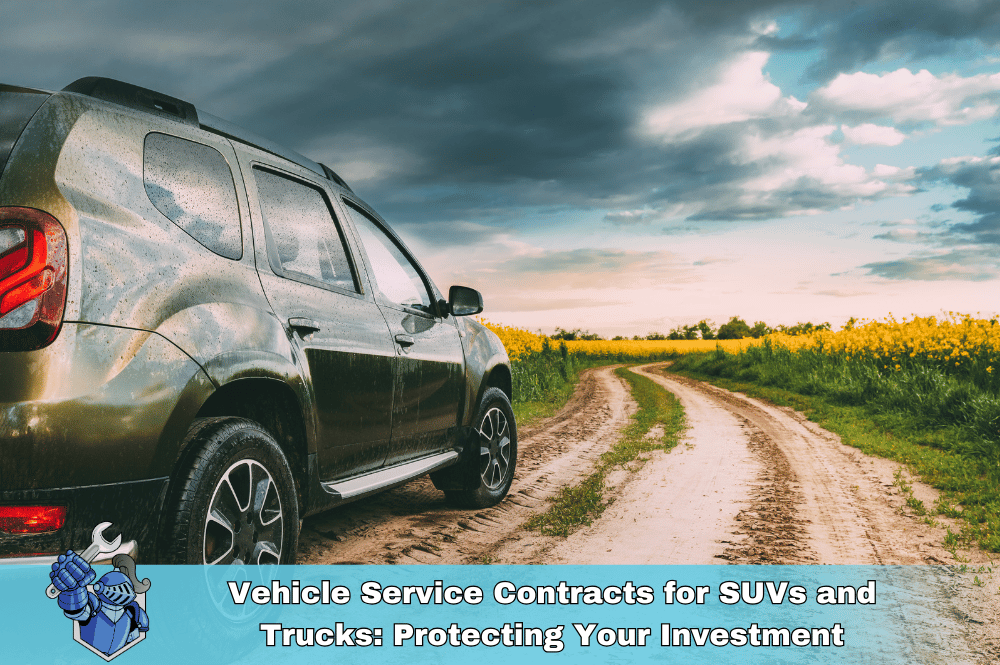 Vehicle Service Contracts for SUVs and Trucks: Protecting Your Investment
Vehicle Service Contracts for SUVs and Trucks: Protecting Your Investment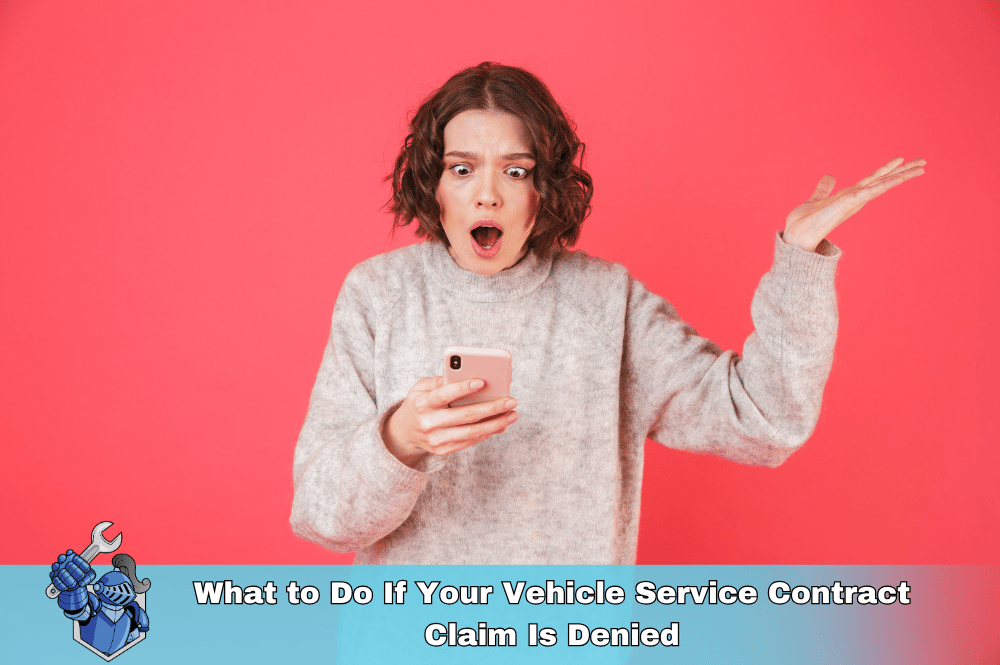 What to Do If Your Vehicle Service Contract Claim Is Denied
What to Do If Your Vehicle Service Contract Claim Is Denied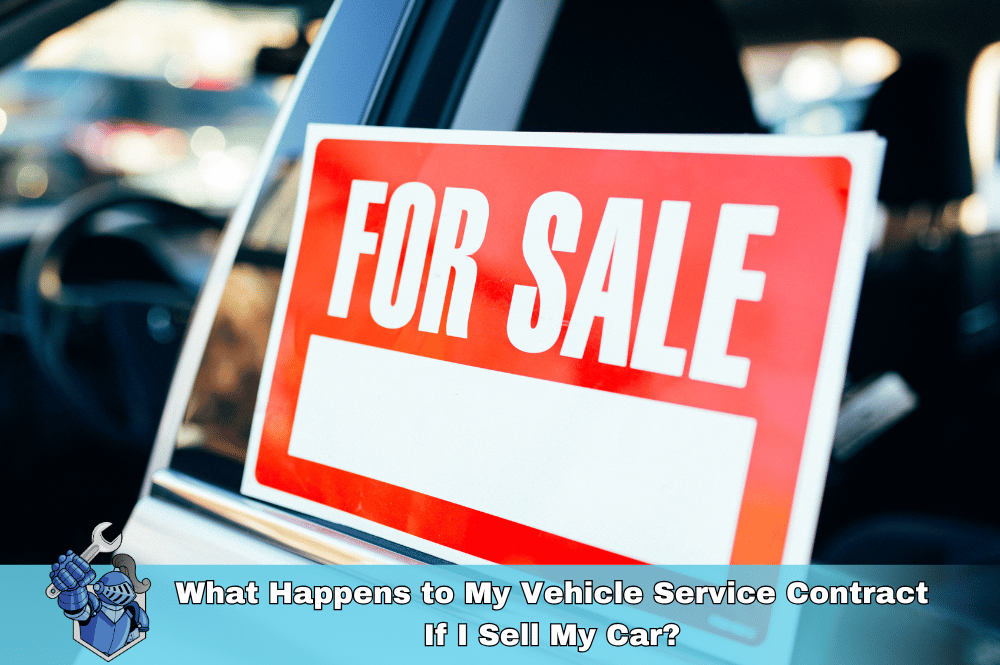 What Happens to My Vehicle Service Contract If I Sell My Car?
What Happens to My Vehicle Service Contract If I Sell My Car? Extended Car Warranty with Active Factory Coverage: Smart Move or Waste of Money?
Extended Car Warranty with Active Factory Coverage: Smart Move or Waste of Money?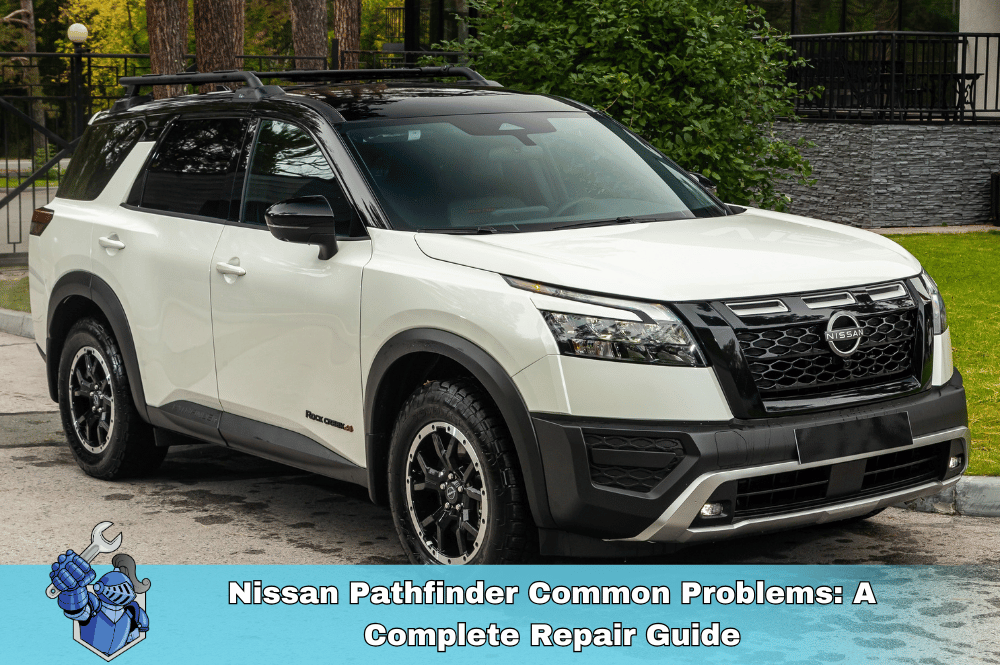 Nissan Pathfinder Common Problems: A Complete Repair Guide
Nissan Pathfinder Common Problems: A Complete Repair Guide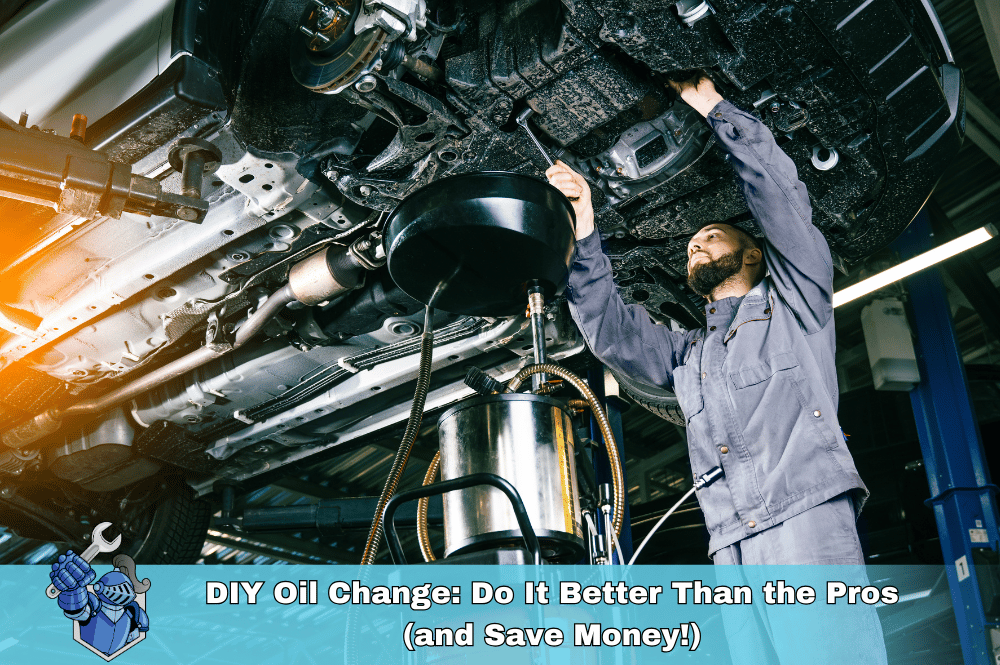 DIY Oil Change: Do It Better Than the Pros (and Save Money!)
DIY Oil Change: Do It Better Than the Pros (and Save Money!)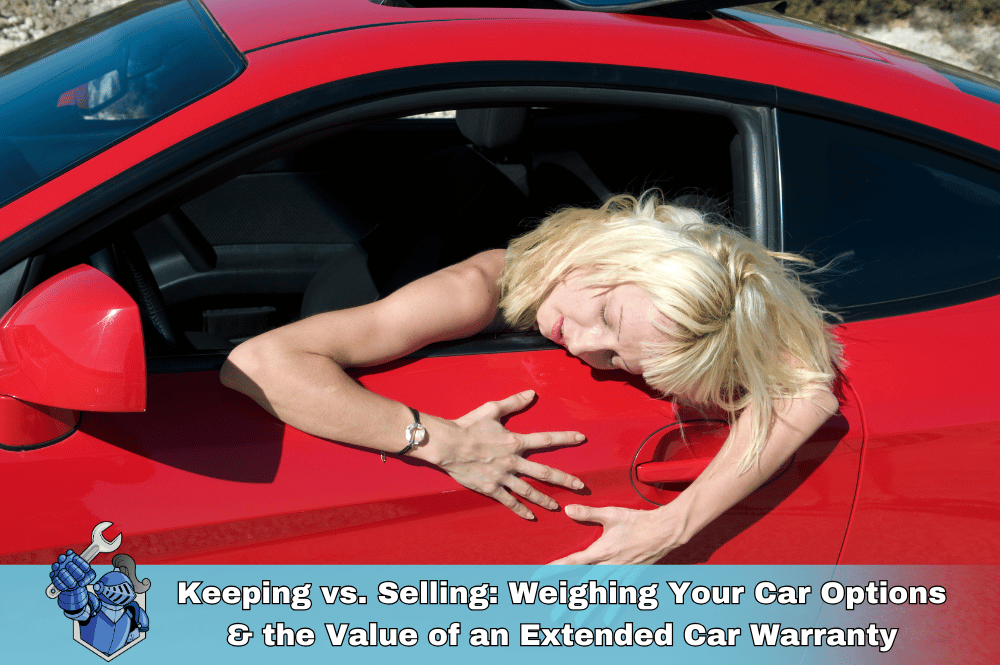 Keeping vs. Selling: Weighing Your Car Options & the Value of an Extended Car Warranty
Keeping vs. Selling: Weighing Your Car Options & the Value of an Extended Car Warranty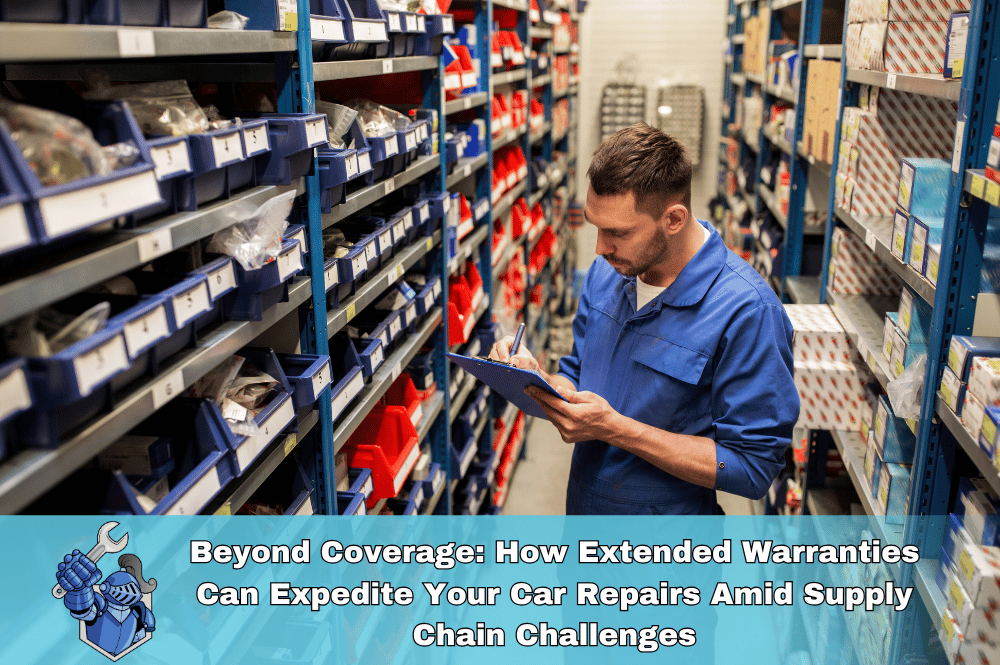 Beyond Coverage: How Extended Warranties Can Expedite Your Car Repairs Amid Supply Chain Challenges
Beyond Coverage: How Extended Warranties Can Expedite Your Car Repairs Amid Supply Chain Challenges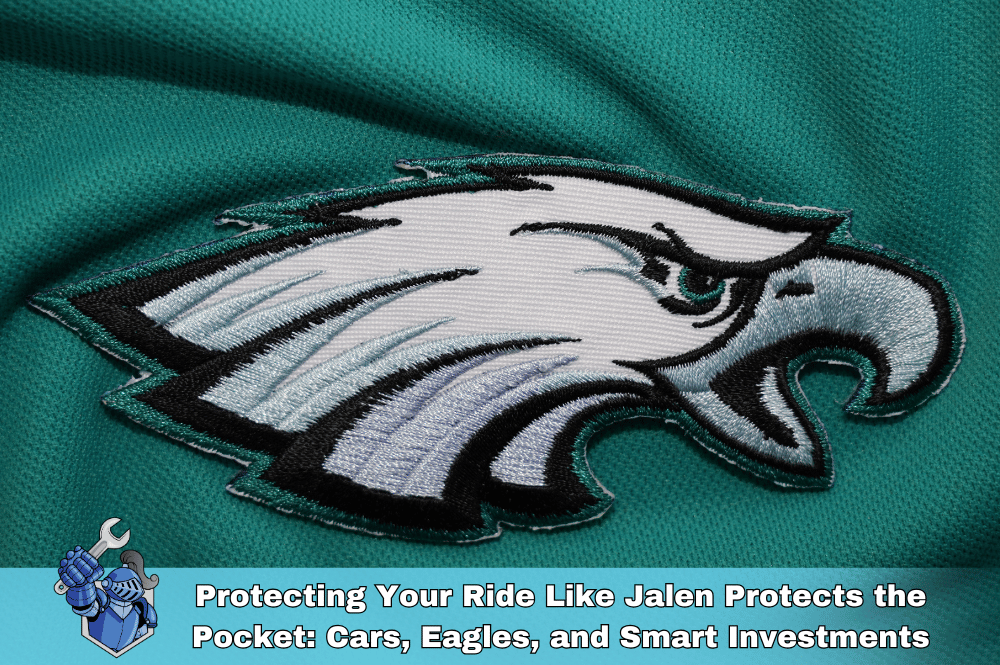 Protecting Your Ride Like Jalen Protects the Pocket: Cars, Eagles, and Smart Investments
Protecting Your Ride Like Jalen Protects the Pocket: Cars, Eagles, and Smart Investments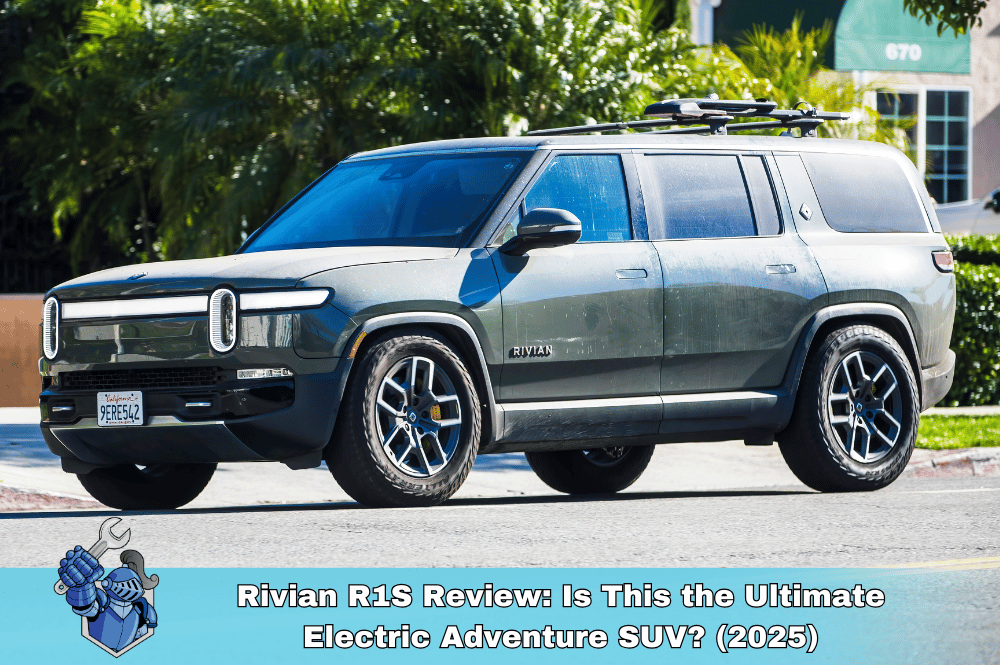 Rivian R1S Review: Is This the Ultimate Electric Adventure SUV? (2025)
Rivian R1S Review: Is This the Ultimate Electric Adventure SUV? (2025) Noble Quote: Driving with Confidence, Protected from Unexpected Repairs
Noble Quote: Driving with Confidence, Protected from Unexpected Repairs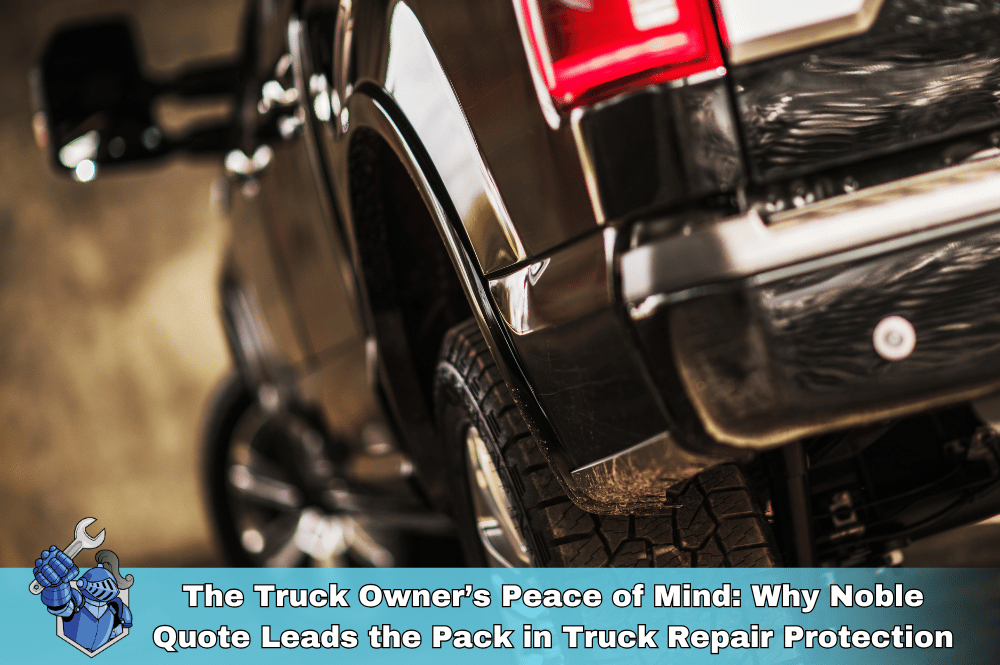 The Truck Owner’s Peace of Mind: Why Noble Quote Leads the Pack in Truck Repair Protection
The Truck Owner’s Peace of Mind: Why Noble Quote Leads the Pack in Truck Repair Protection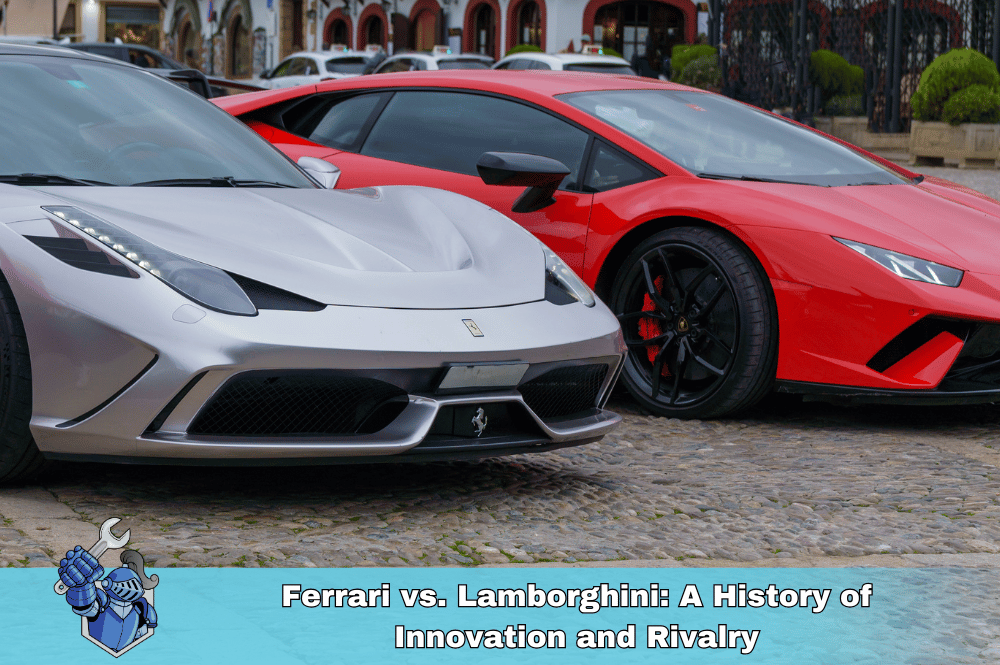 Ferrari vs. Lamborghini: A History of Innovation and Rivalry
Ferrari vs. Lamborghini: A History of Innovation and Rivalry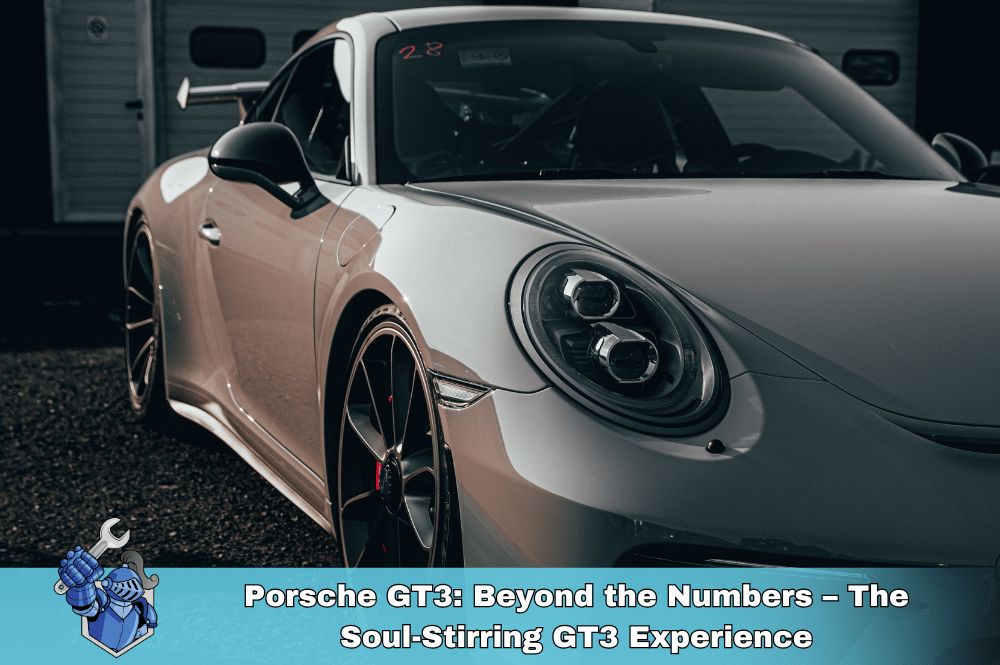 Porsche GT3: Beyond the Numbers – The Soul-Stirring GT3 Experience
Porsche GT3: Beyond the Numbers – The Soul-Stirring GT3 Experience Kansas City Chiefs Players: You Won’t Believe What They’re Driving!
Kansas City Chiefs Players: You Won’t Believe What They’re Driving!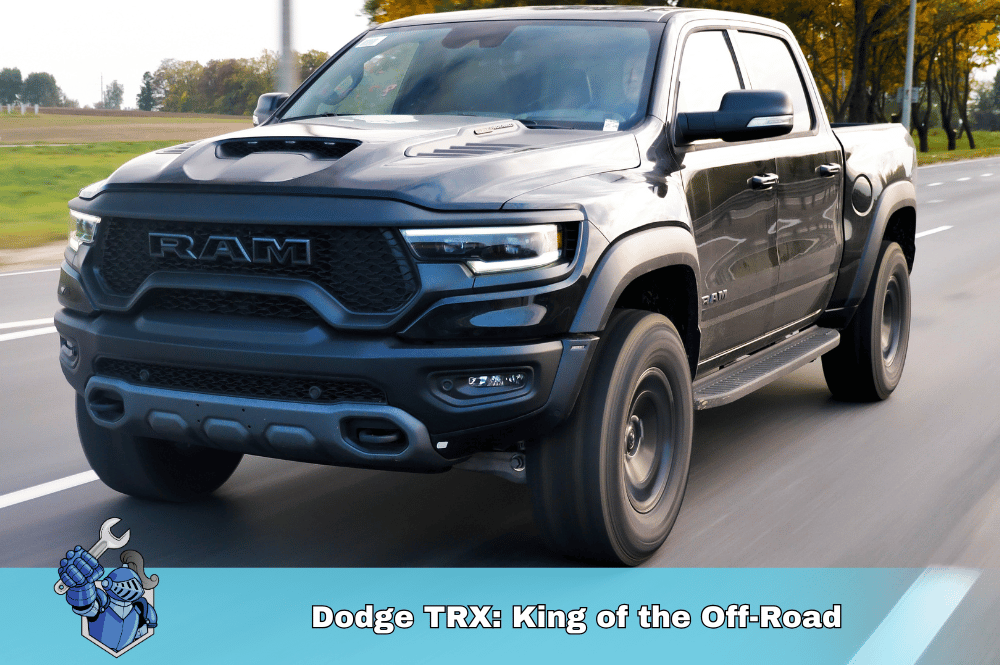 Dodge TRX: King of the Off-Road
Dodge TRX: King of the Off-Road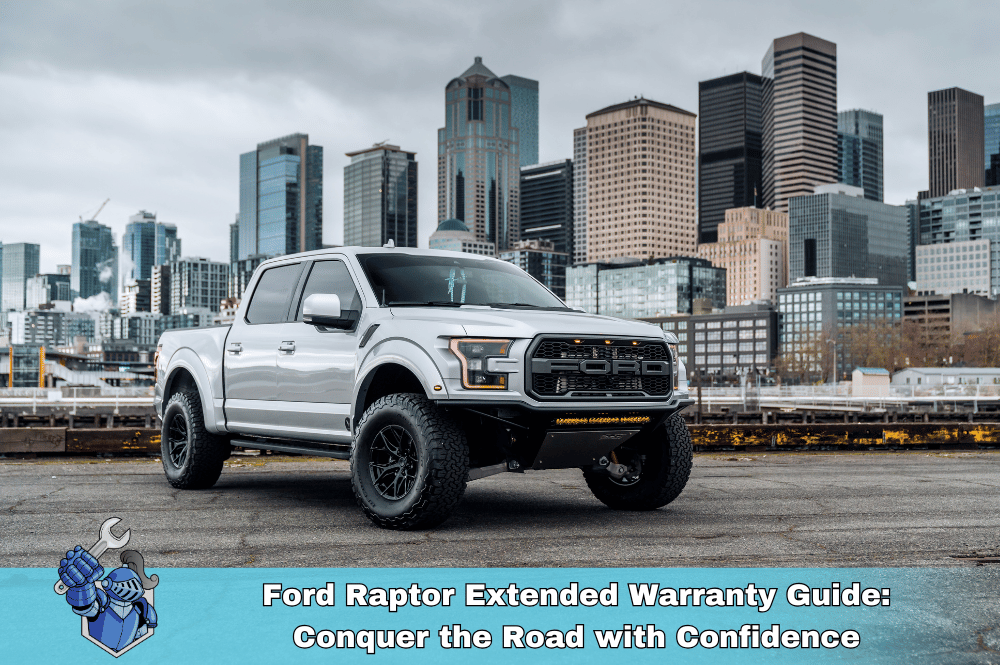 Ford Raptor Extended Warranty Guide: Conquer the Road with Confidence
Ford Raptor Extended Warranty Guide: Conquer the Road with Confidence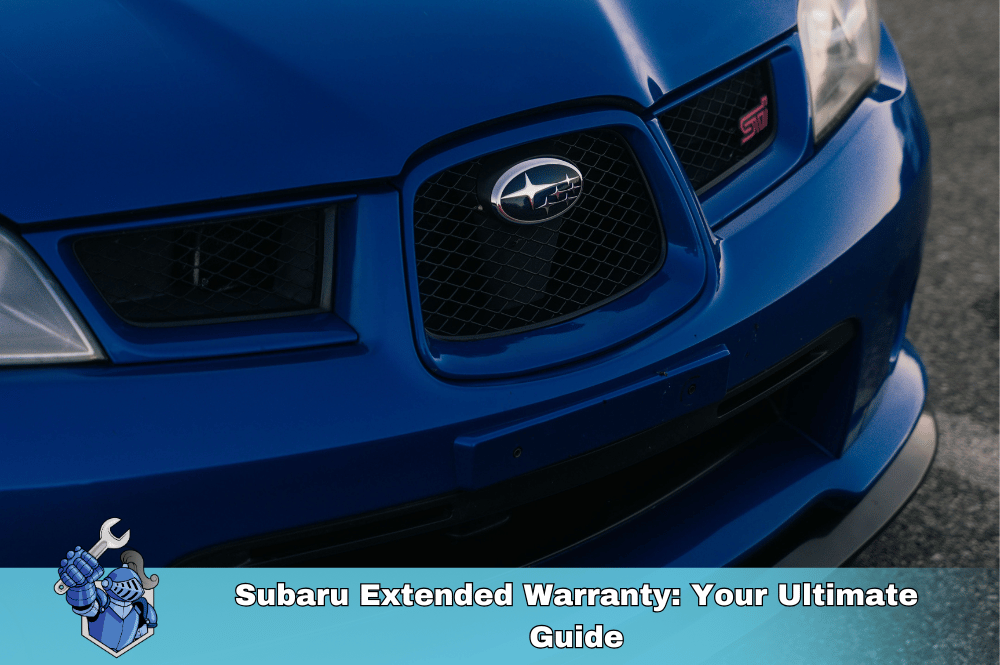 Subaru Extended Warranty: Your Ultimate Guide
Subaru Extended Warranty: Your Ultimate Guide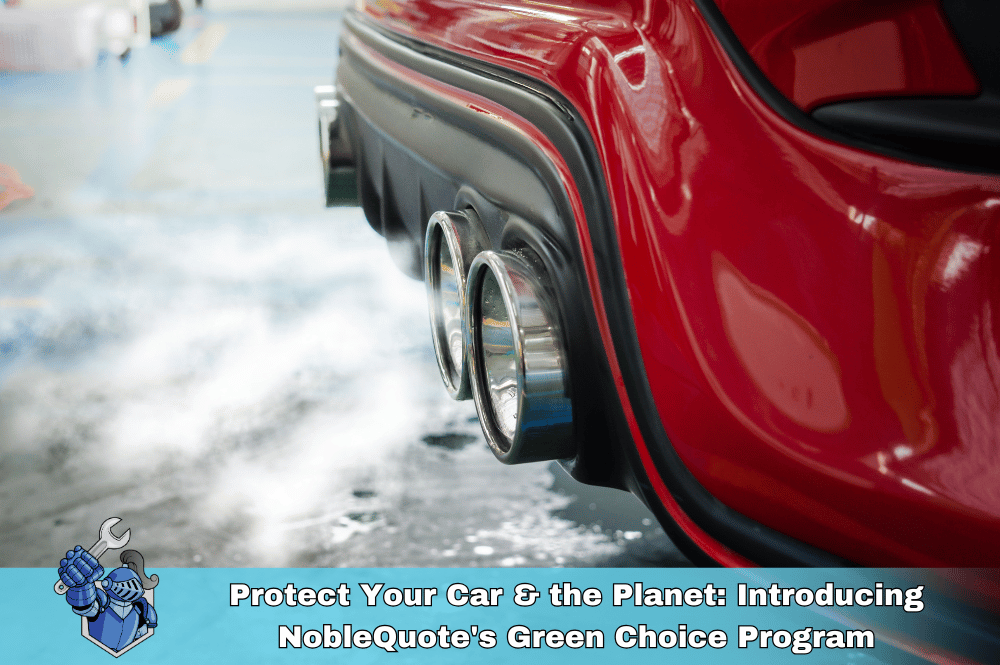 Protect Your Car & the Planet: Introducing NobleQuote's Green Choice Program
Protect Your Car & the Planet: Introducing NobleQuote's Green Choice Program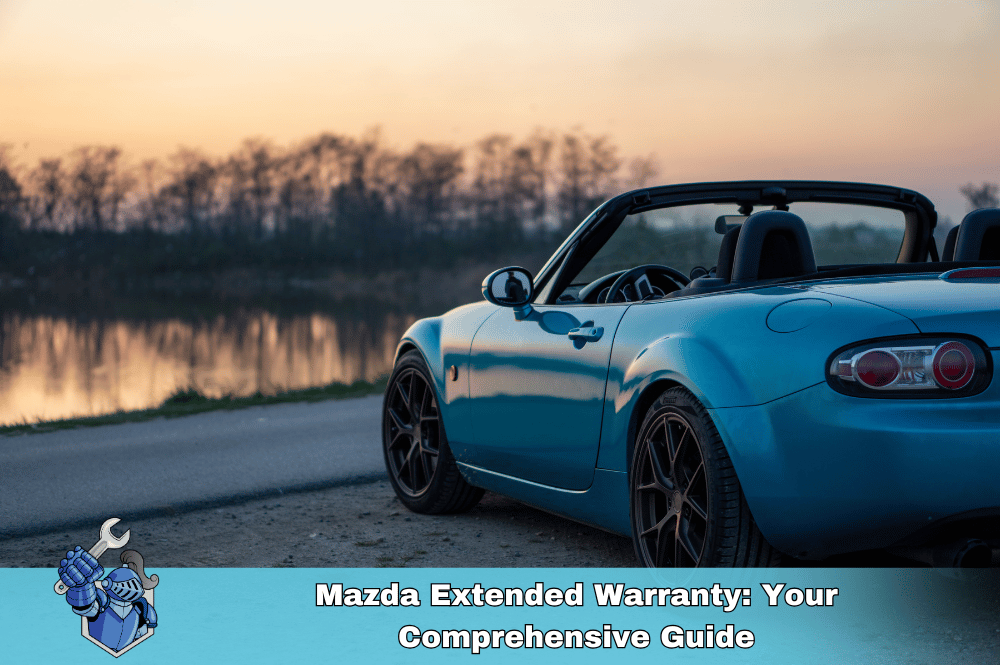 Mazda Extended Warranty: Your Comprehensive Guide
Mazda Extended Warranty: Your Comprehensive Guide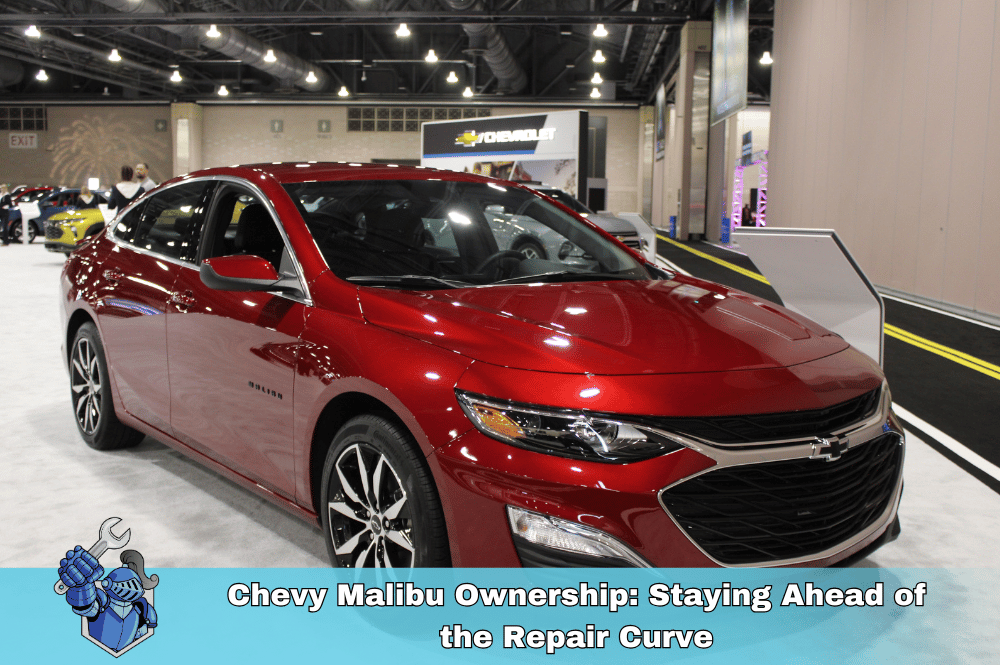 Chevy Malibu Ownership: Staying Ahead of the Repair Curve
Chevy Malibu Ownership: Staying Ahead of the Repair Curve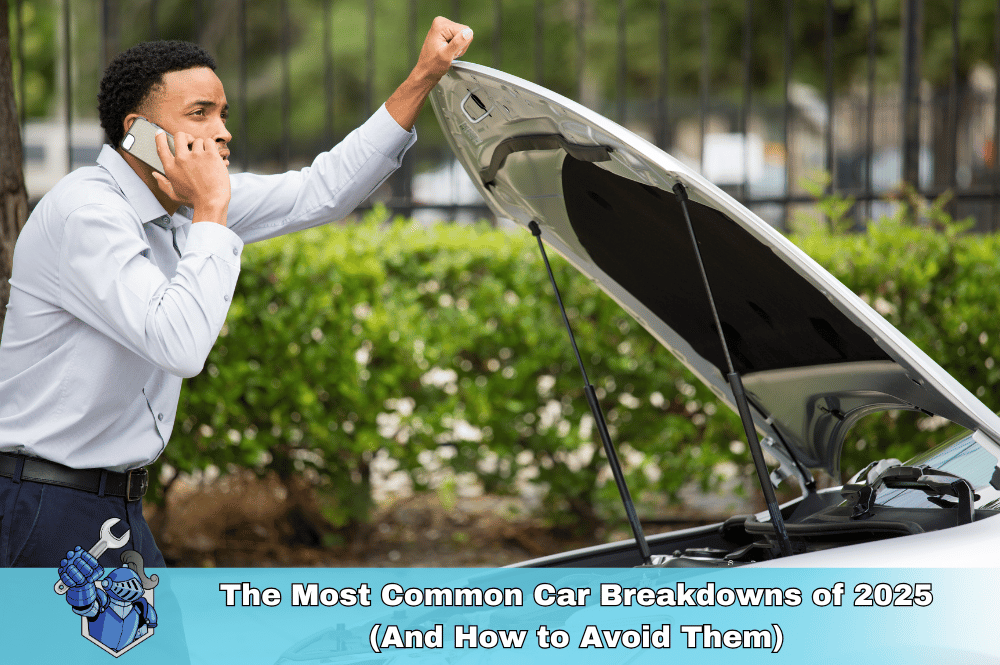 The Most Common Car Breakdowns of 2025 (And How to Avoid Them)
The Most Common Car Breakdowns of 2025 (And How to Avoid Them) Supercar Dreams on a Budget: The Most Affordable Exotics for First-Time Buyers
Supercar Dreams on a Budget: The Most Affordable Exotics for First-Time Buyers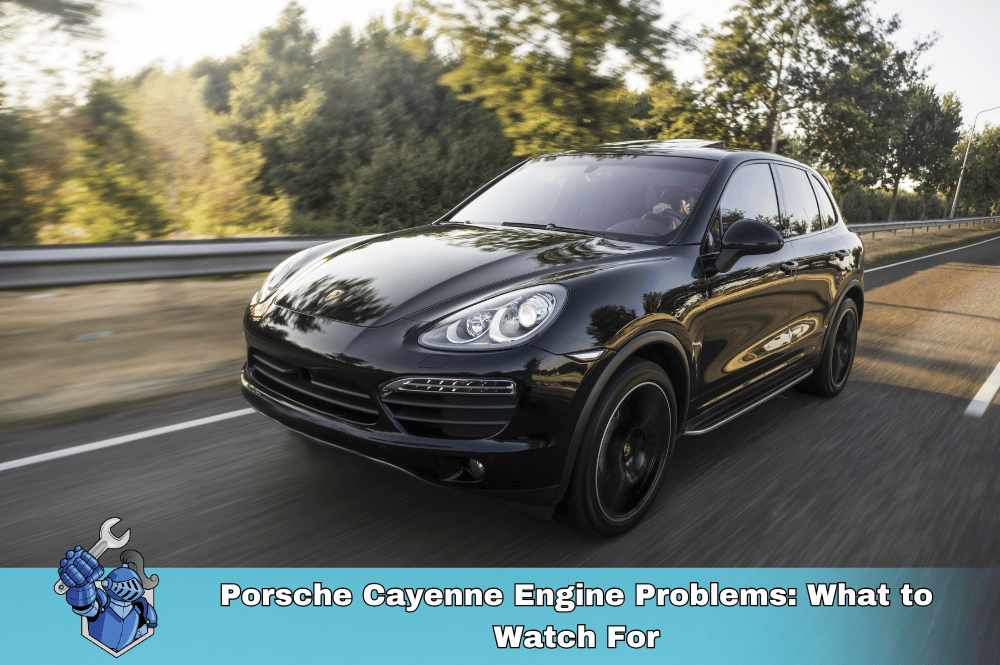 Porsche Cayenne Engine Problems: What to Watch For
Porsche Cayenne Engine Problems: What to Watch For The Future of Racing: Electric Cars, Autonomous Vehicles, and Beyond
The Future of Racing: Electric Cars, Autonomous Vehicles, and Beyond We've Moved! Noble Quote's New Home at the Lake of the Ozarks
We've Moved! Noble Quote's New Home at the Lake of the Ozarks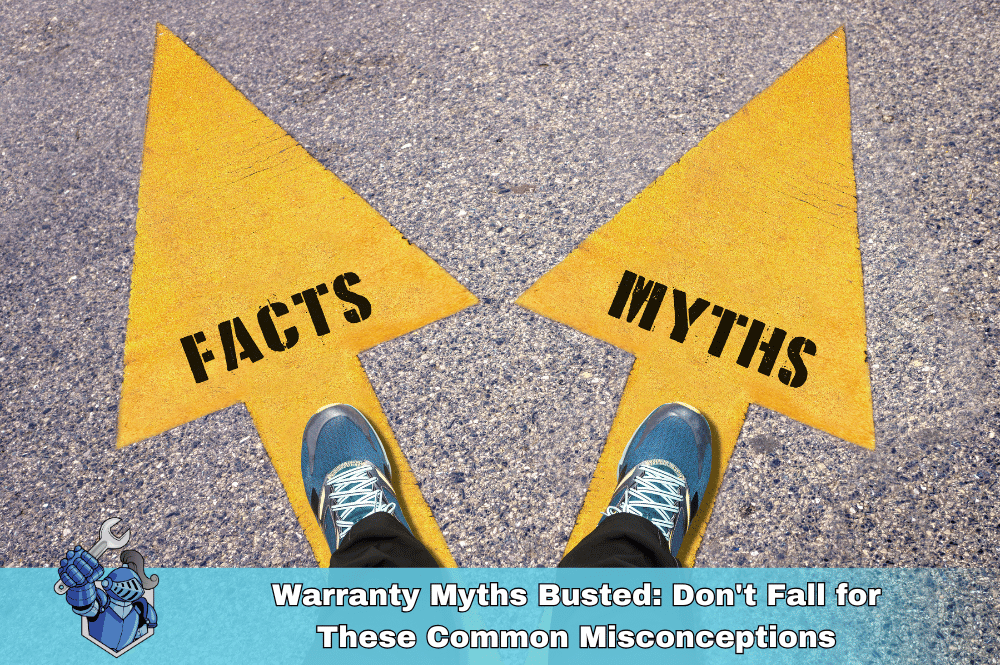 Warranty Myths Busted: Don't Fall for These Common Misconceptions
Warranty Myths Busted: Don't Fall for These Common Misconceptions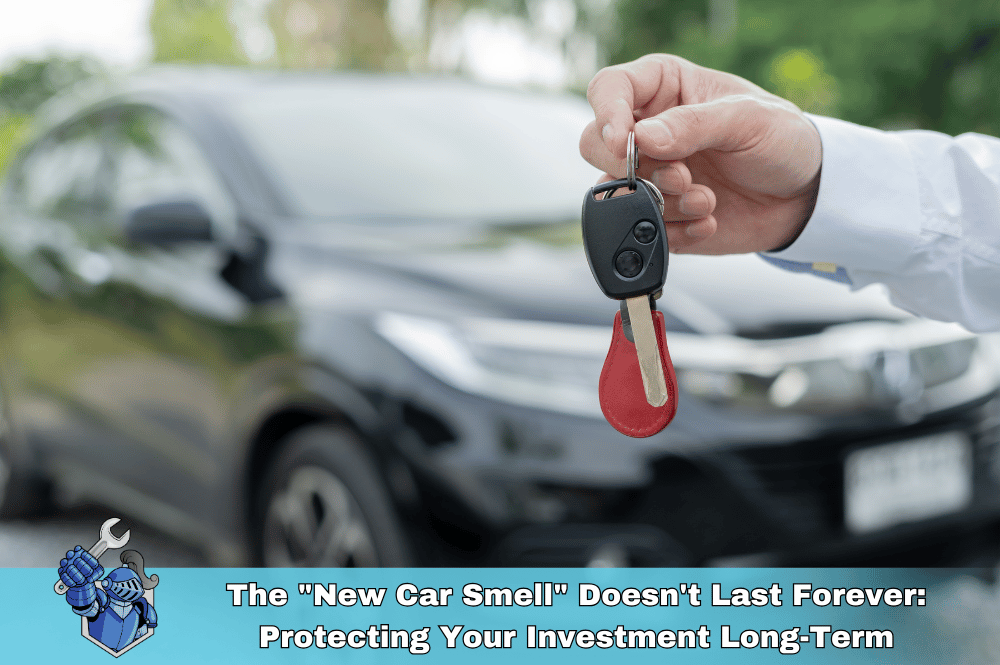 The "New Car Smell" Doesn't Last Forever: Protecting Your Investment Long-Term
The "New Car Smell" Doesn't Last Forever: Protecting Your Investment Long-Term Forza: The Perfect Blend of Simulation and Arcade Fun
Forza: The Perfect Blend of Simulation and Arcade Fun If NASCAR Had Car Warranties: The Pit Stop Chaos You’d See
If NASCAR Had Car Warranties: The Pit Stop Chaos You’d See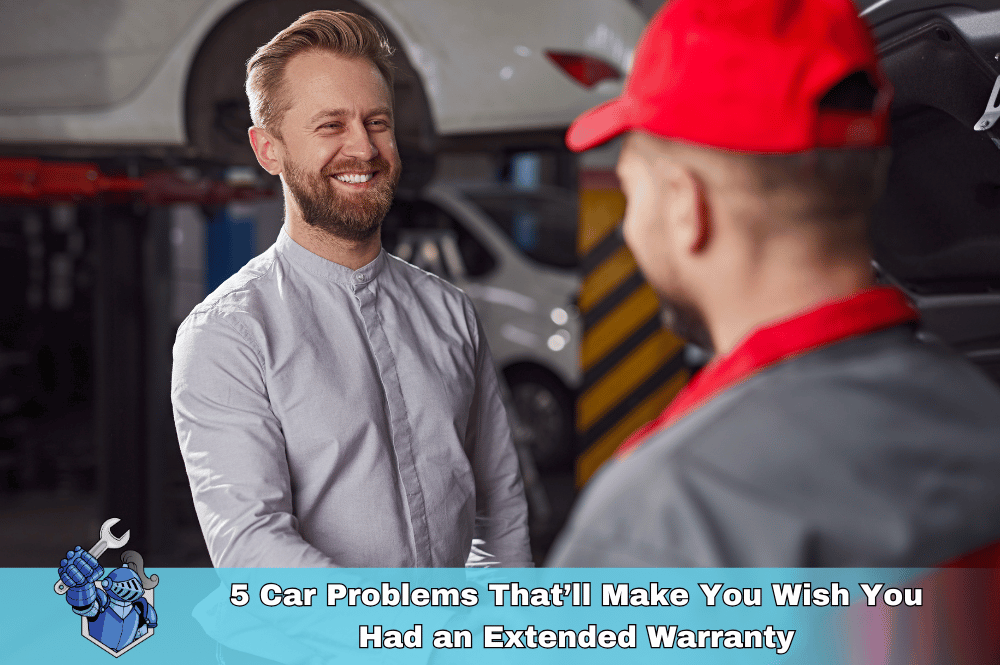 5 Car Problems That’ll Make You Wish You Had an Extended Warranty
5 Car Problems That’ll Make You Wish You Had an Extended Warranty Beyond F1: Exploring the World's Most Extreme Racing Series
Beyond F1: Exploring the World's Most Extreme Racing Series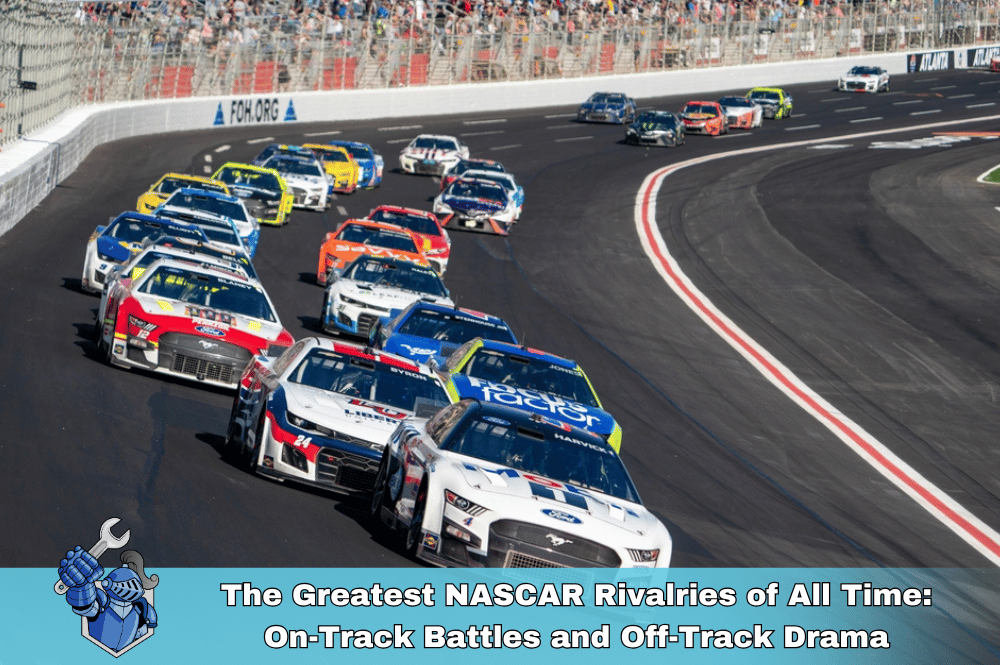 The Greatest NASCAR Rivalries of All Time: On-Track Battles and Off-Track Drama
The Greatest NASCAR Rivalries of All Time: On-Track Battles and Off-Track Drama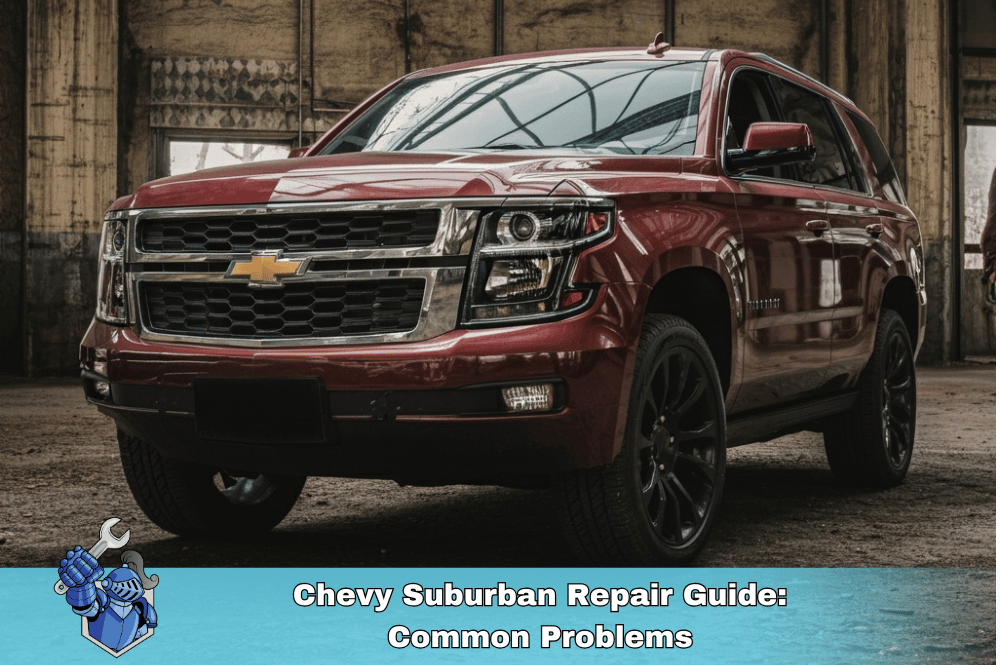 Chevy Suburban Repair Guide: Common Problems
Chevy Suburban Repair Guide: Common Problems Cupid's Got Horsepower: Rev Up Your Valentine's Day!
Cupid's Got Horsepower: Rev Up Your Valentine's Day! 10 Things You Didn't Know About James Bond’s Aston Martin DB5
10 Things You Didn't Know About James Bond’s Aston Martin DB5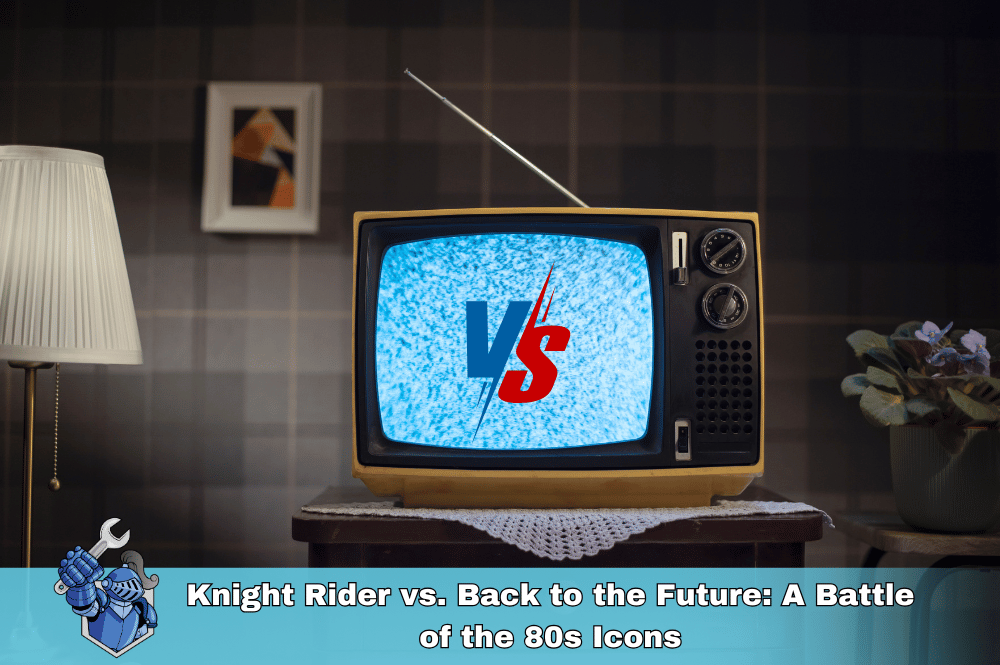 Knight Rider vs. Back to the Future: A Battle of the 80s Icons
Knight Rider vs. Back to the Future: A Battle of the 80s Icons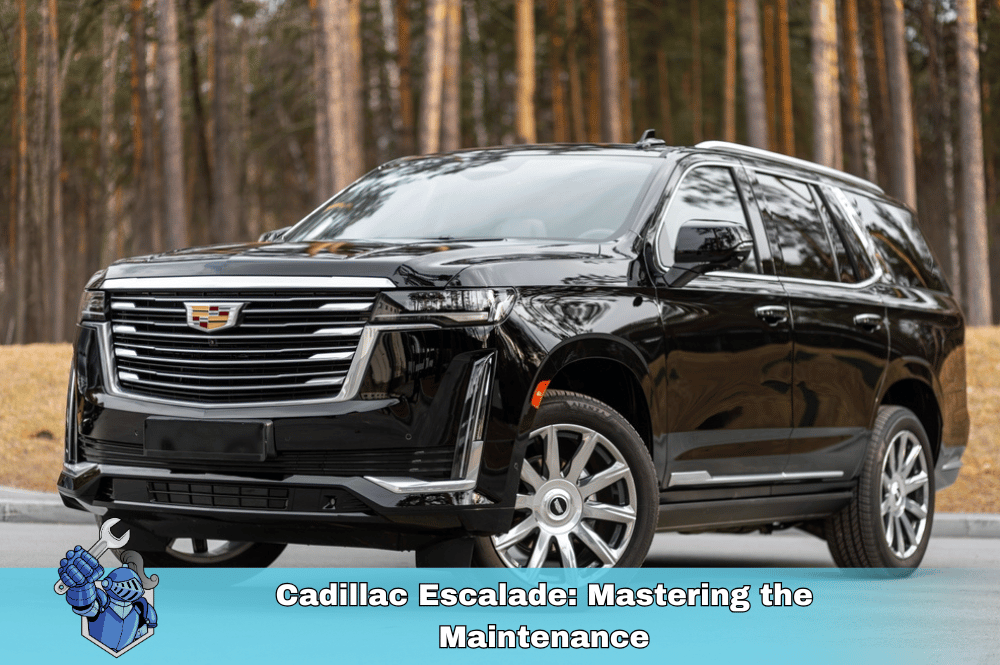 Cadillac Escalade: Mastering the Maintenance
Cadillac Escalade: Mastering the Maintenance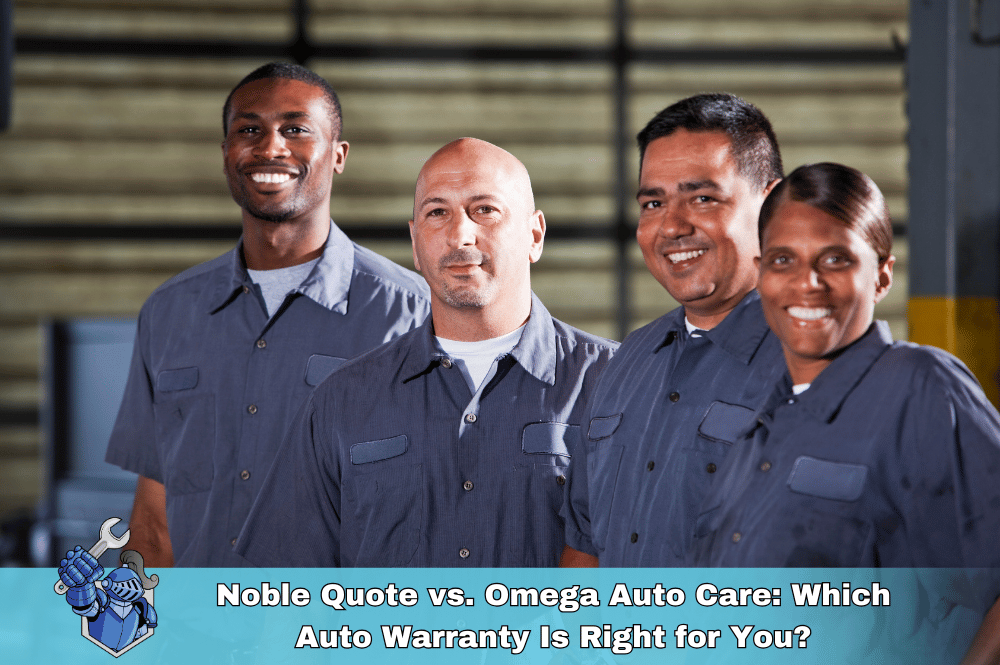 Noble Quote vs. Omega Auto Care: Which Auto Warranty Is Right for You?
Noble Quote vs. Omega Auto Care: Which Auto Warranty Is Right for You? Charging Your Peace of Mind: Using a Credit Card to Buy a Car Warranty
Charging Your Peace of Mind: Using a Credit Card to Buy a Car Warranty Best Extended Warranty for Your Ford: Noble Quote or Ford Protect?
Best Extended Warranty for Your Ford: Noble Quote or Ford Protect?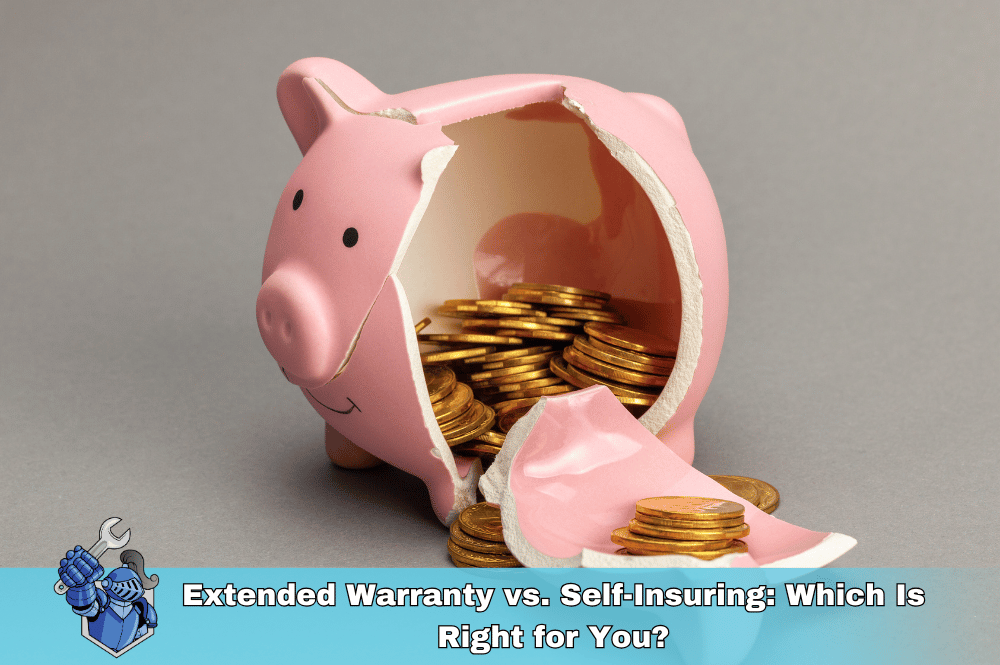 Extended Warranty vs. Self-Insuring: Which Is Right for You?
Extended Warranty vs. Self-Insuring: Which Is Right for You?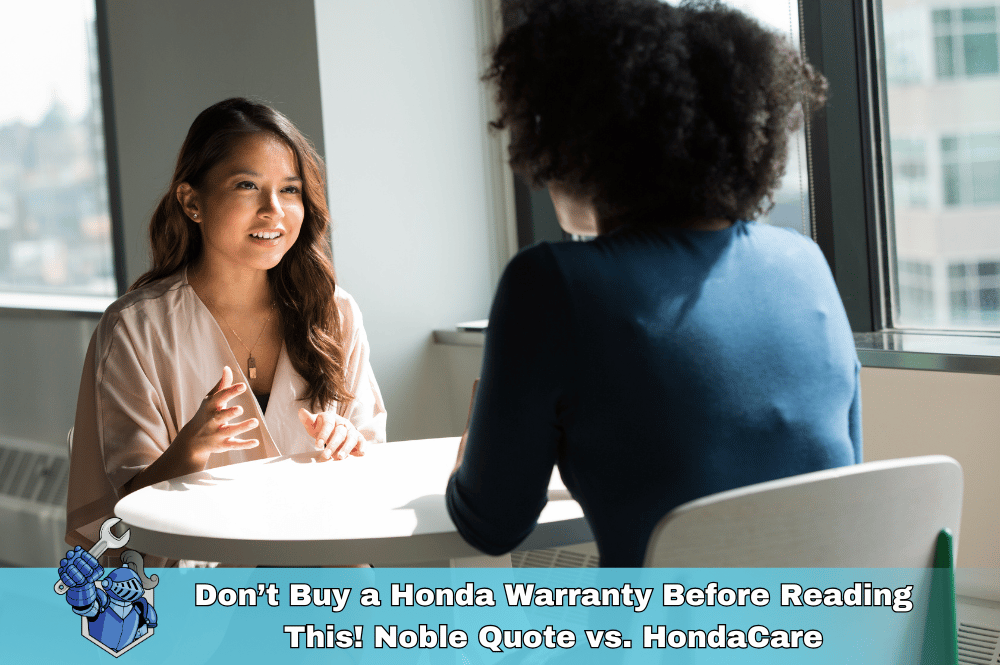 Don’t Buy a Honda Warranty Before Reading This! Noble Quote vs. HondaCare
Don’t Buy a Honda Warranty Before Reading This! Noble Quote vs. HondaCare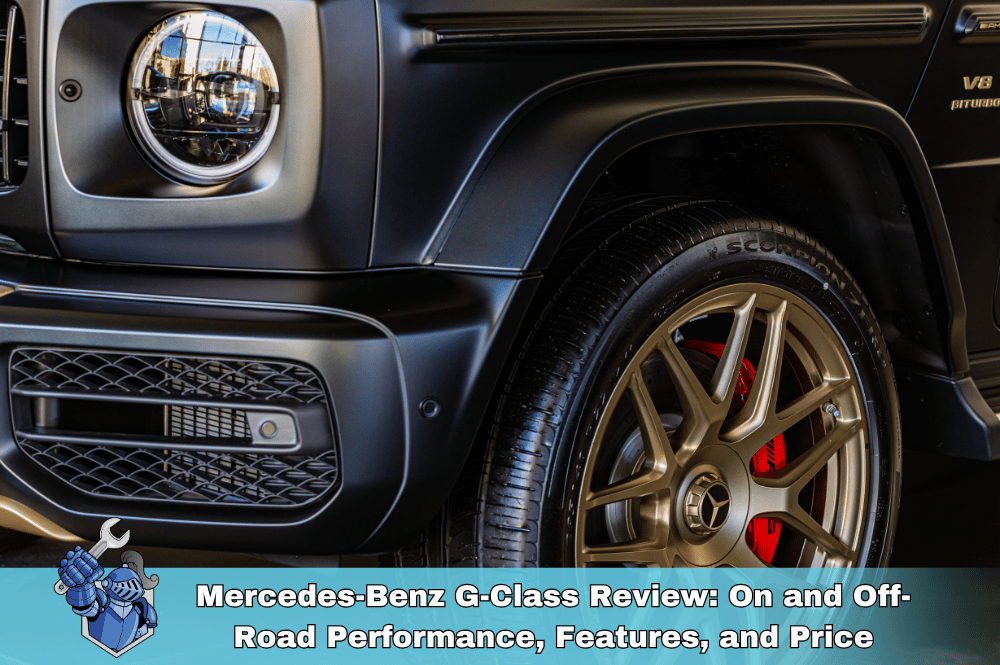 Mercedes-Benz G-Class Review: On and Off-Road Performance, Features, and Price
Mercedes-Benz G-Class Review: On and Off-Road Performance, Features, and Price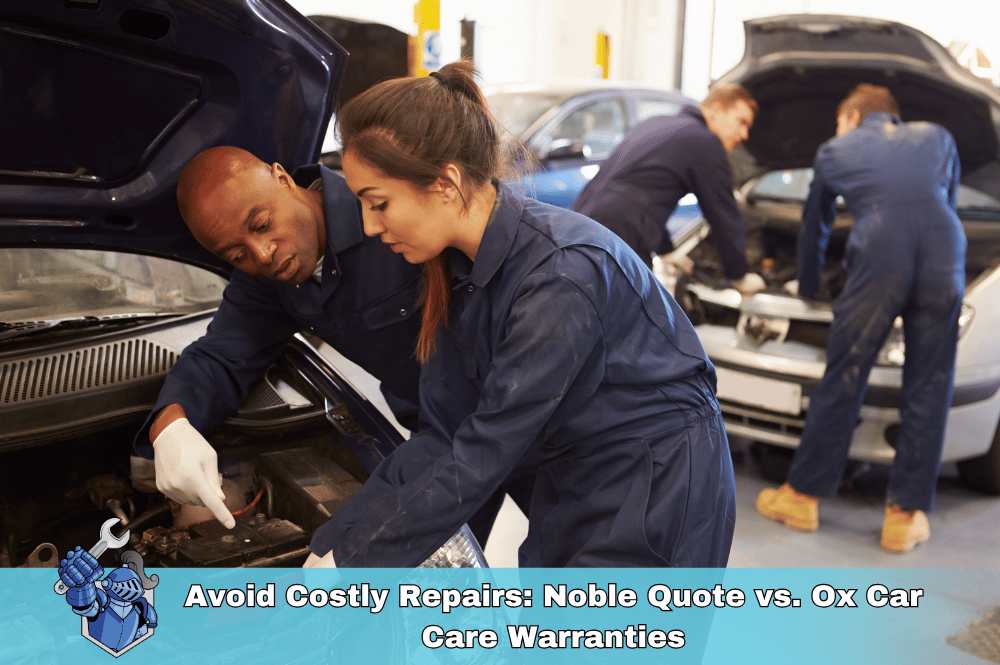 Avoid Costly Repairs: Noble Quote vs. Ox Car Care Warranties
Avoid Costly Repairs: Noble Quote vs. Ox Car Care Warranties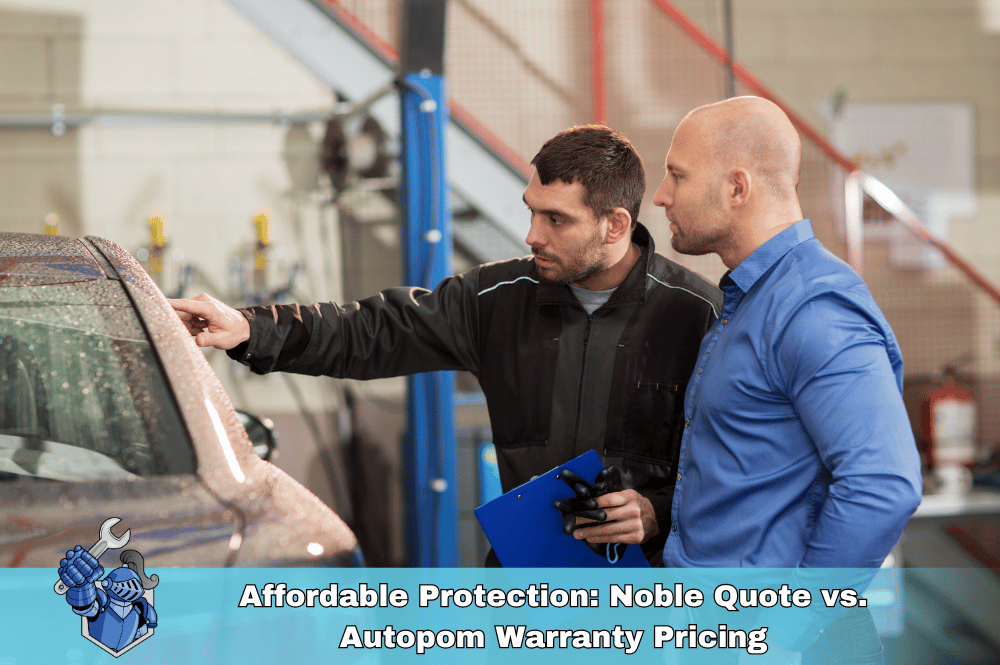 Affordable Protection: Noble Quote vs. Autopom Warranty Pricing
Affordable Protection: Noble Quote vs. Autopom Warranty Pricing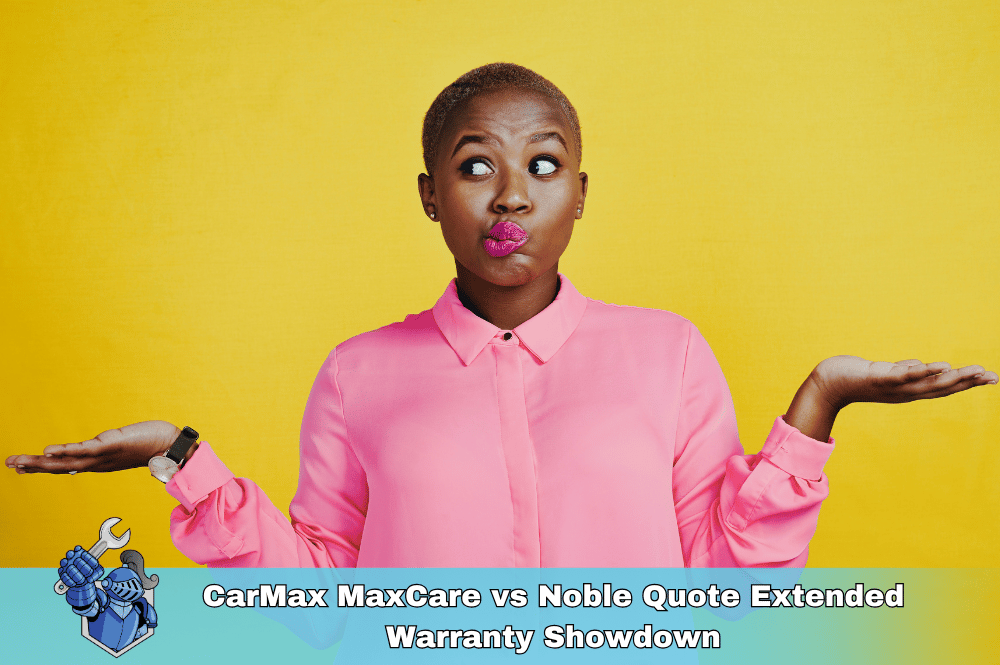 CarMax MaxCare vs. Noble Quote: Extended Warranty Showdown
CarMax MaxCare vs. Noble Quote: Extended Warranty Showdown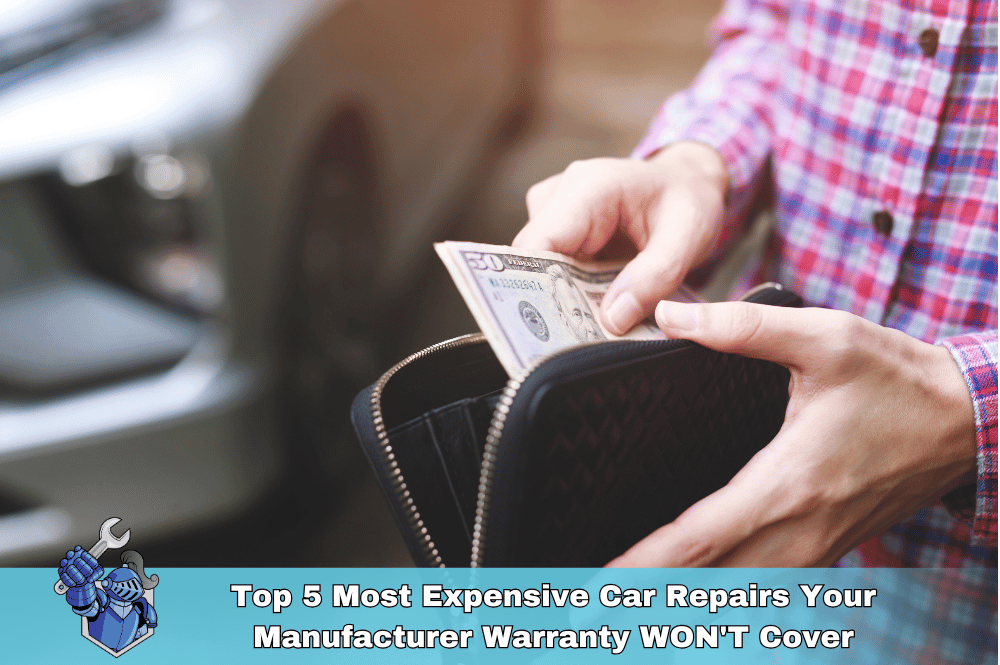 Top 5 Most Expensive Car Repairs Your Manufacturer Warranty WON'T Cover
Top 5 Most Expensive Car Repairs Your Manufacturer Warranty WON'T Cover